(1) Ancient Greece: Political History and Notable People (All Other Categories: Legal, Militaristic, Geographical, Social, etc.)
1/104
Earn XP
Description and Tags
Dates span rule in office only where necessary; some dates are lifespans since rule is not known or they were not known to be rulers
Name | Mastery | Learn | Test | Matching | Spaced |
|---|
No study sessions yet.
105 Terms
1700 BCE - 1400 BCE - King Minos (All Facts)
King of Knossos in Crete
According to legend, he had the Palace at Knossos built with labyrinthine passages in order that he could hide the monster he had fathered, the Minotaur, from human society

600’s BCE - King Byzas (All Facts)
Legendary founder of the city and colony of Byzantium
600’s BCE - Lycurgus (All Facts)
Legendary lawgiver who instituted “Eunomia”
Was from and gave law in Sparta
690 BCE - Antiphemos (All Facts)
Founder of the city of Gela in Sicily
Was from Rhodes
657 BCE - 627 BCE - Cypselus (All Facts)
Considered history’s / Ancient Greece’s first “tyrant” who was an aristocrat who seized power and took over the government in a time of crisis
Was the first tyrant and ruler of the Greek city of Corinth
Famous for walking around without a bodyguard, which indicated that he still enjoyed the support of his soldiers
His rule was mild towards the ordinary people but he was popular
His rule has been shrouded in legend and a myth which describes
His mother, Labda, who was a member of the ruling family, the Bacchiads, who kept power within the family by inter-marrying; but was lame and was spurned by her kinsmen, and so she married Aetion, a non-Bacchiad
Her family, whom took no notice of this until she became pregnant and the Oracle at Delphi told Aetion that Labda will bear the namesake tyrant
Enraged, the Bacchiads sent men to the village of Petra where Aetion lived to kill him as a baby
Their plan was to ask Labda if one of them could hold the child out of affection for its father, and then whoever was given the baby would dash him to the floor
Chance saved him for, as Labda handed him over, the baby enchanted his would-be killer with his smile and he was returned safely
When a second attempt was made on his life, Labda hid him in a chest and he was saved once again
It is said that his name derives from the Greek word for “chest”
The Bacchiads were right to fear him because, when he grew to manhood, the Oracle at Delphi hailed him as king of the namesake city
Armed with this prophecy and the support of the army, he overthrew his kinsmen, who had become increasingly unpopular, and made himself master of the namesake city
Upon taking rule, he was ruthless towards the Bacchiads:
he killed many, exiled others, and stripped them of their property
He was to make sure that they never again return to power
After the defeat of the Bacchiads, he came to the height of his power and prosperity
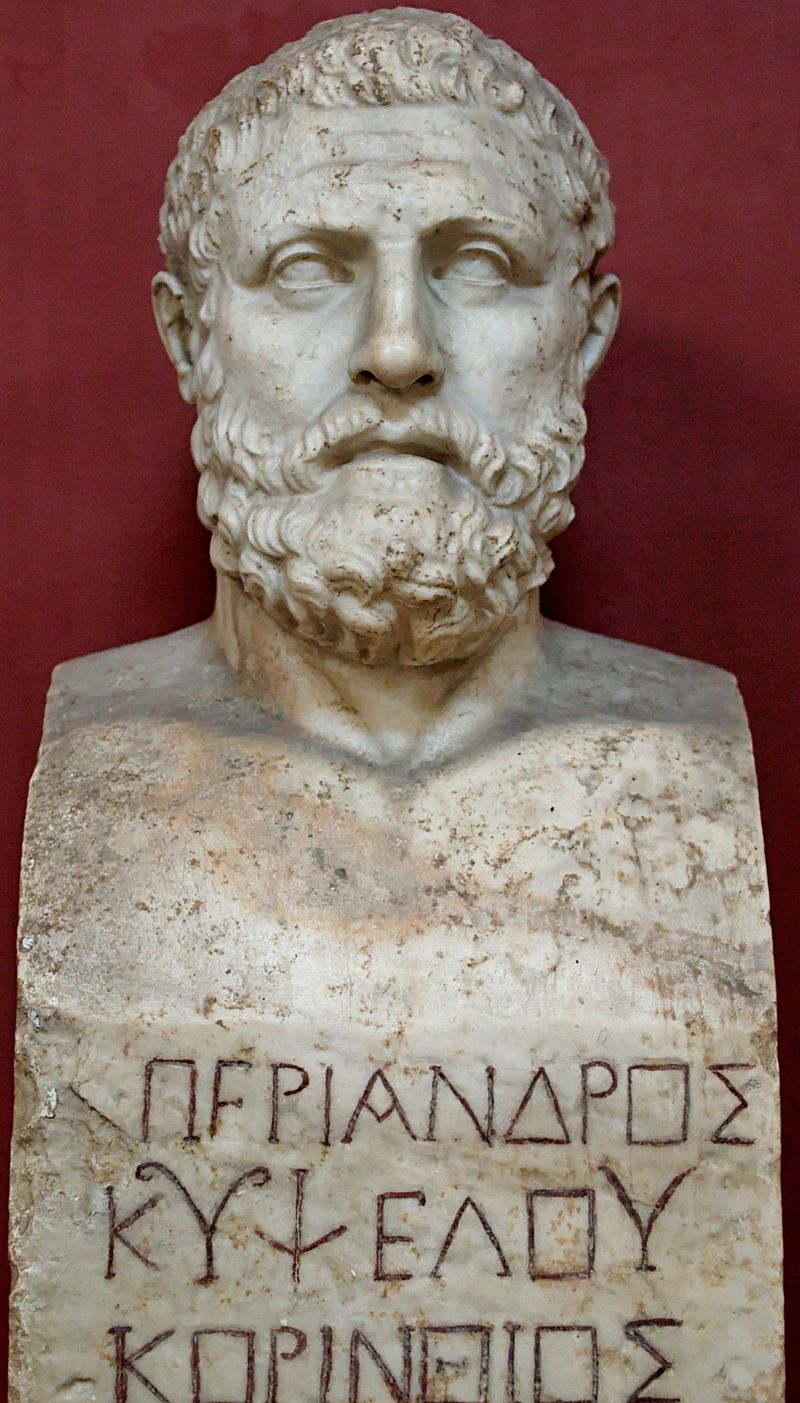
627 BCE - 585 BCE - Periander (All Facts)
Second tyrant of Corinth and son of Cypselus
Brought about a prosperous time in Corinth's history, as his administrative skill made Corinth one of the wealthiest city states in Greece
Constructed the “dioklos,” a trackway for ships
Was one of the Seven Sages of Greece
640 BCE - Theagenes (All Facts)
One of Ancient Greece’s first tyrants
He was tyrant and ruler of the Greek city of Megara
Supported an unsuccessful coup by his son-in-law Cylon at Athens
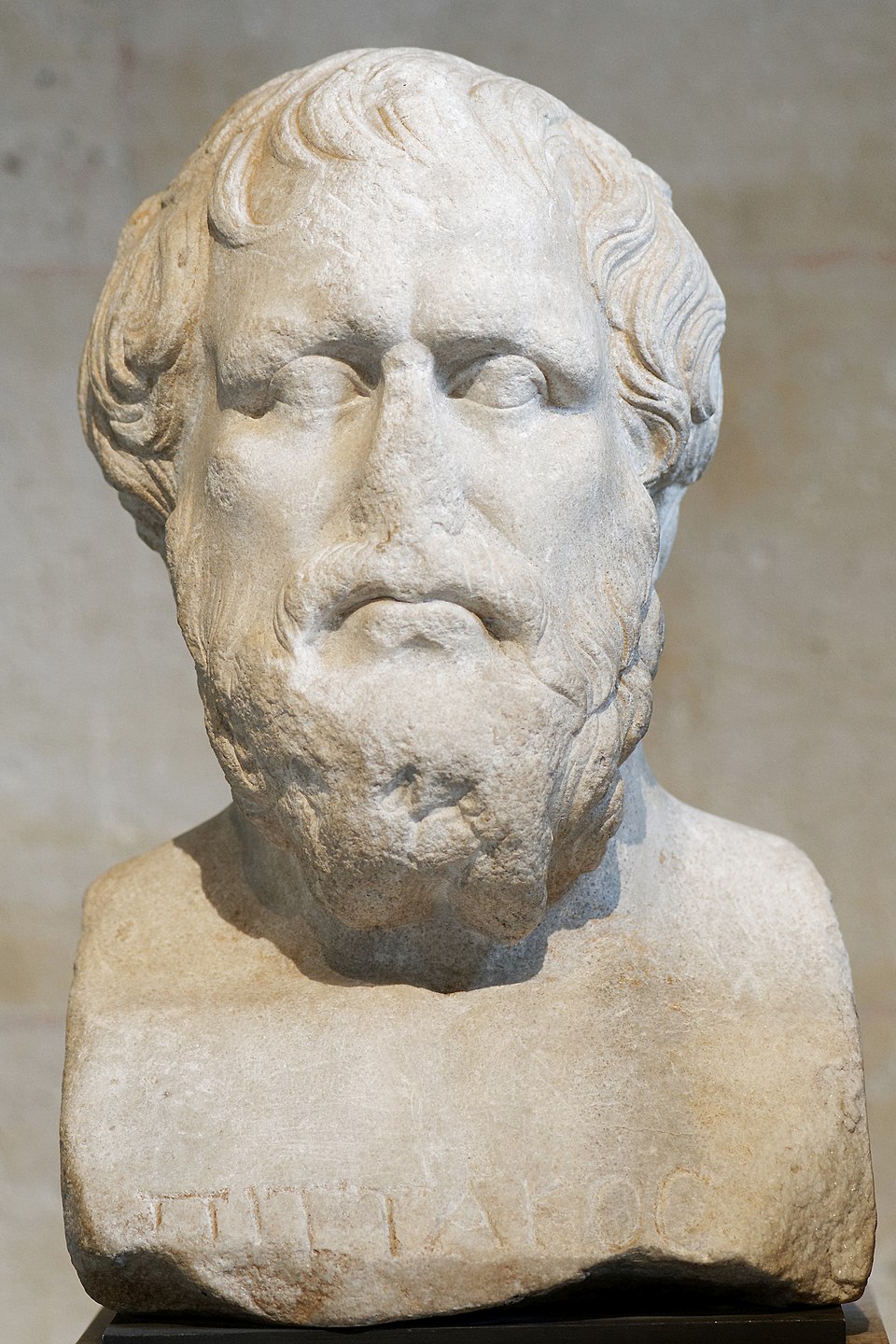
640 BCE - 568 BCE - Pittacus (All Facts)
Greek tyrant of Mytilene
Was one of the Seven Sages of Greece
600 BCE - 560 BCE - Cleisthenes of Sicyon (All Facts)
Became tyrant of the namesake city near Corinth
Moved against the growing Dorian power in the area
Renamed the three traditional Dorian tribes to the Piggites, Swinites, and Assites
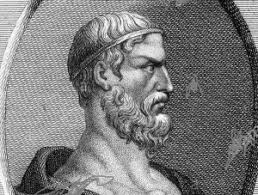
620 BCE - 600 BCE - Dracon / Draco (All Facts)
Athenian Archon and lawmaker
Deeply religious man
His laws
culminated into the first written constitution of Athens, which replaced the system of oral law and blood feud with the written code which was to be strictly enforced by a court of law
gave Athenians a set of rules applicable to all
However, his laws were considered severely harsh
This is because they established the death penalty for most offenses
His name lends itself to a descriptor for law codes or rules if they are too harsh
Nonetheless, his laws brought an end and settled the differences brought about by blood feuds and acts of personal revenge that plagued Athens for centuries
outlined the penalties for other crimes including
Robbery and theft
Sacrilege and personal insults
and were
Identified and allocated appropriate penalties including
Fines that vary according to the importance of the victim
Imprisonment
Enslavement
Execution
set out a new (for the time) legal concept that made a clear distinction between manslaughter and premeditated murder
For murder, there is a scale of penalties that even took into account the weapons used
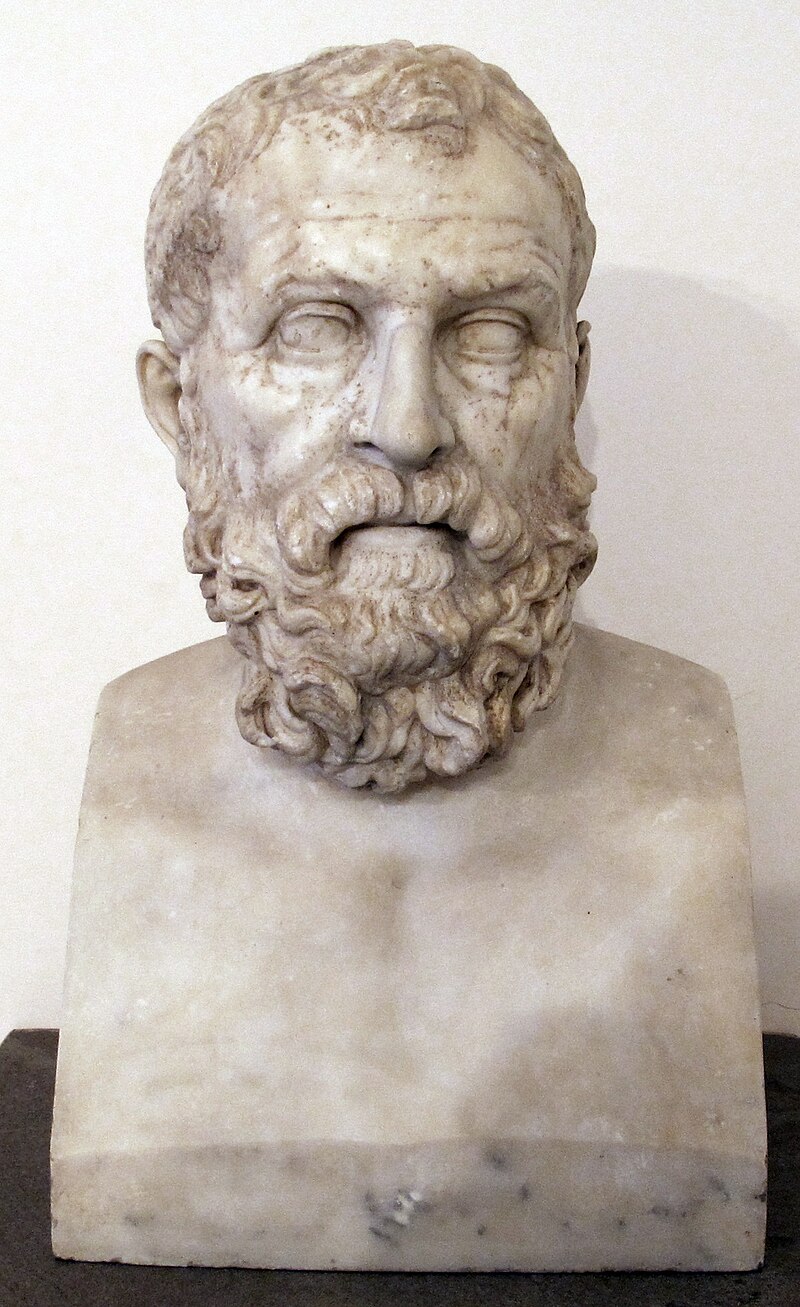
594 BCE - 560 BCE - Solon (All Facts)
Athenian Archon (statesman) and lawmaker
Was one of the Seven Sages of Greece
Credited with laying the foundations for Athenian and Greek Democracy
It was said that he brought democracy to Athens, however, two classes were still denied any part in the political process in his system and thus had no control over their lives: women and slaves
Reorganized the distribution of political power, taking it from the old aristocracy and dividing it between four new property-owning classes according to the yields from their lands
Under his rule, he established a census that would divide people up by how much wine, oil or grain they produced in order to determine their political standing
Actual power resided in the first three of these classes, who filled public posts either by election or by casting lots
Even the lowest class, the Thetes, were admitted to the judicial tribunals and Assembly
The people in these classes took part in the appointment of magistrates and members of the Council
Granted foreigners civil rights
His efforts to legislate against political, economic and moral decline resulted in his overturning most of Draco's laws via constitutional reform and the introduction of a completely new set of laws by the time of his rule
Repealed all of Draco’s laws except the one on homicide
His laws
Guaranteed freedom to every citizen of Athens
Could be read by everybody
Were written on wooden tablets set in rotating four-sided frames
His most famous law was called the “Seisachtheia,” which was Greek for “the shaking off of burdens,” in which he abolished the system whereby a man and his family could fall into slavery if they failed to pay off their debts and/or mortgages
Some of the lower classes expected him to be more radical than he was, and thus were disappointed with his new laws; nevertheless, the reality of office forced him to compromise
His successor would quickly take advantage of this
Established the “Council of the Four Hundred”
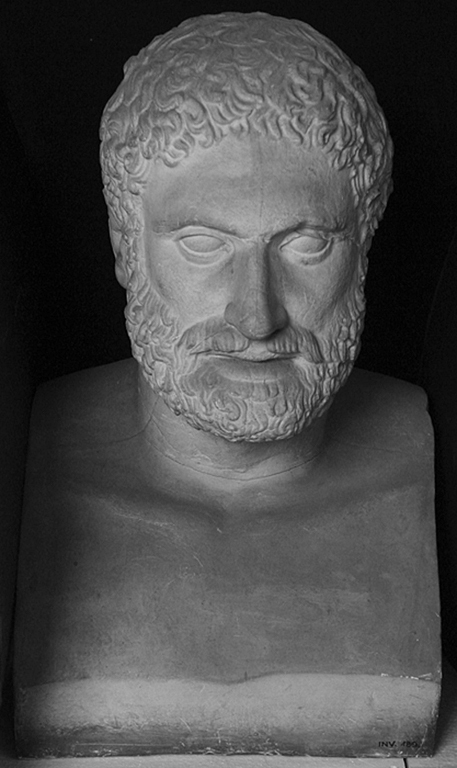
561 BCE - 527 BCE - Pisistratus (All Facts)
Tyrant of Athens
Seized power by overthrowing his predecessor who was his fierce political opponent
Made War against Megara to seize power which his predecessor fought him over
Considered to have ruled over Athens in a “Golden Age” in which he
Determined to rule fairly
Maintained a tranquil atmosphere over Athens
Beautified the city
Encouraged sculptors and poets
Formed a third faction between those in Athens quarreling between those that lived on the plain and those who lived along the shore
This faction drew on the strength of the poor farmers and the men of the hills who felt they had not benefited from his predecessor’s reforms
His rule was marked more by farce than by tragedy and his rule has not been that cruel
Inflicted some cuts and bruises on himself and his mules, and drove his cart into the meeting place of Athens and claiming that he had barely escaped with his life from a band of assassins
This story likely served as propaganda in order to make up an excuse to come to power
It horrified the good citizens enough though to the point where, when he demanded a bodyguard, the citizens of Athens allowed him to form a band of tough men armed with wooden clubs
Backed by these tough men, he then seized the Acropolis and power over Athens
Profited from factional fighting between Megacles and the “men of the coast” and Lycurgus and the “men of the plain”, having led a peasant uprising against the aristocracy and having seized the Acropolis
528 BCE - 527 BCE - Hipparchus (All Fact)
Tyrant of Athens, son of Pisistratus, who was murdered by his elder brother and successor Hippias during a religious procession in which he was stabbed to death
This was because he
Fell in love with a handsome young Athenian man named Harmodius, but Harmodius rejected him since he was already locked in a passionate affair with a man named Aristogeiton, so, determined to have his revenge after being twice rejected, he offered Harmodius’ virginal sister a place of honor in the procession and then rejected her and blamed her to be wicked which enraged Harmodius, who then plotted with his lover Aristogeiton and a group of their friends to kill the brothers and overthrow the dynasty
However, after they murdered him, their plot failed because Harmodius was killed on the spot and Aristogeiton was caught and tortured to death by Hippias
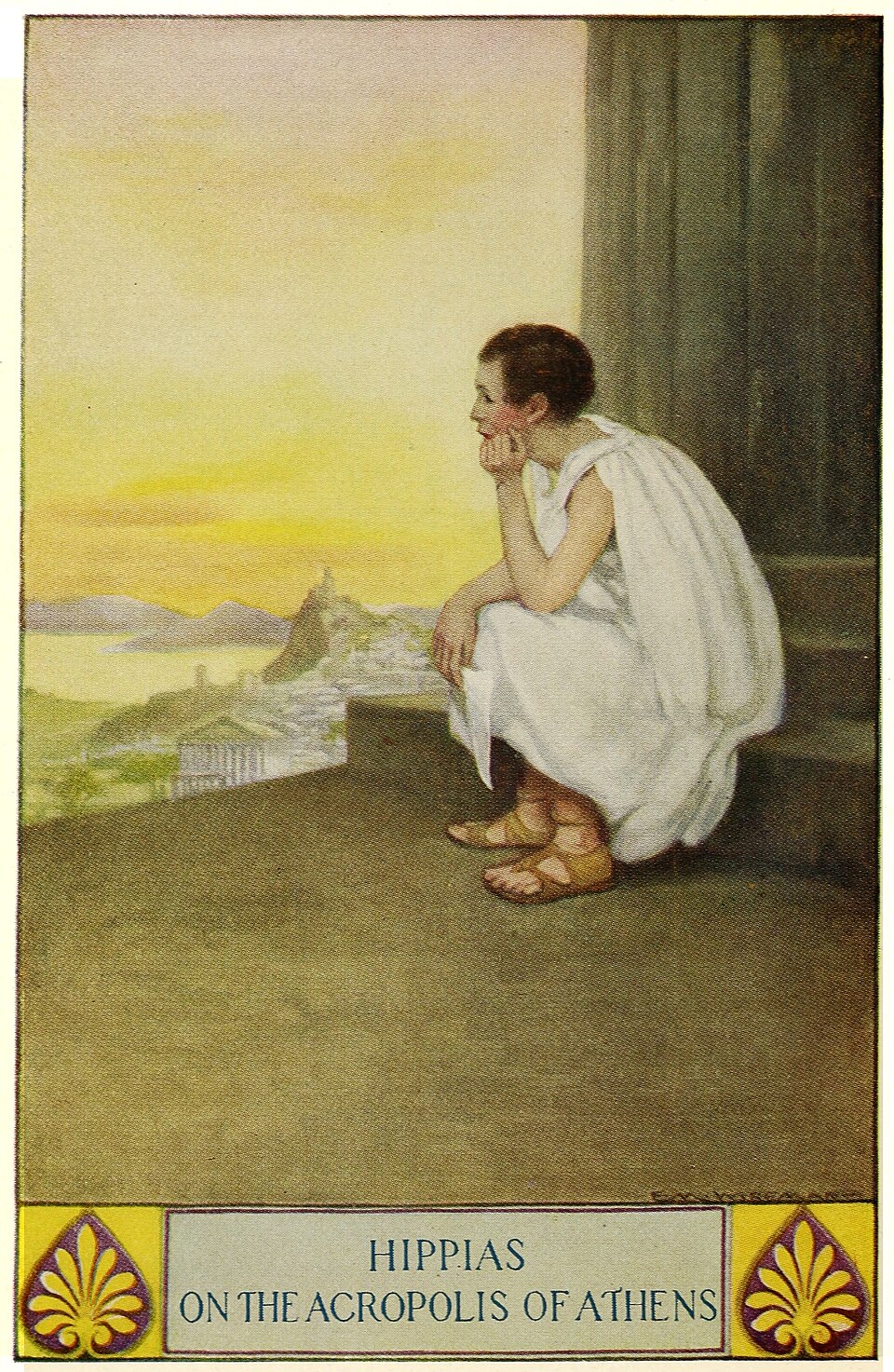
527 BCE - 510 BCE - Hippias (All Facts)
Last tyrant of Athens
Was the brother of his predecessor and son of his brother’s predecessor
Unleashed a campaign of terror against his enemies in which he killed his brother, those who tried to kill his brother, Harmodius, Aristogeiton and their allies; and many others as he sought to destroy his enemies
Murdered and stabbed to death his brother and predecessor
This campaign of terror, however, only strengthened the opposition to his rule
He was eventually overthrown by his successor with the help of Cleomenes I and his Spartan troops who then installed Isagoras in his place
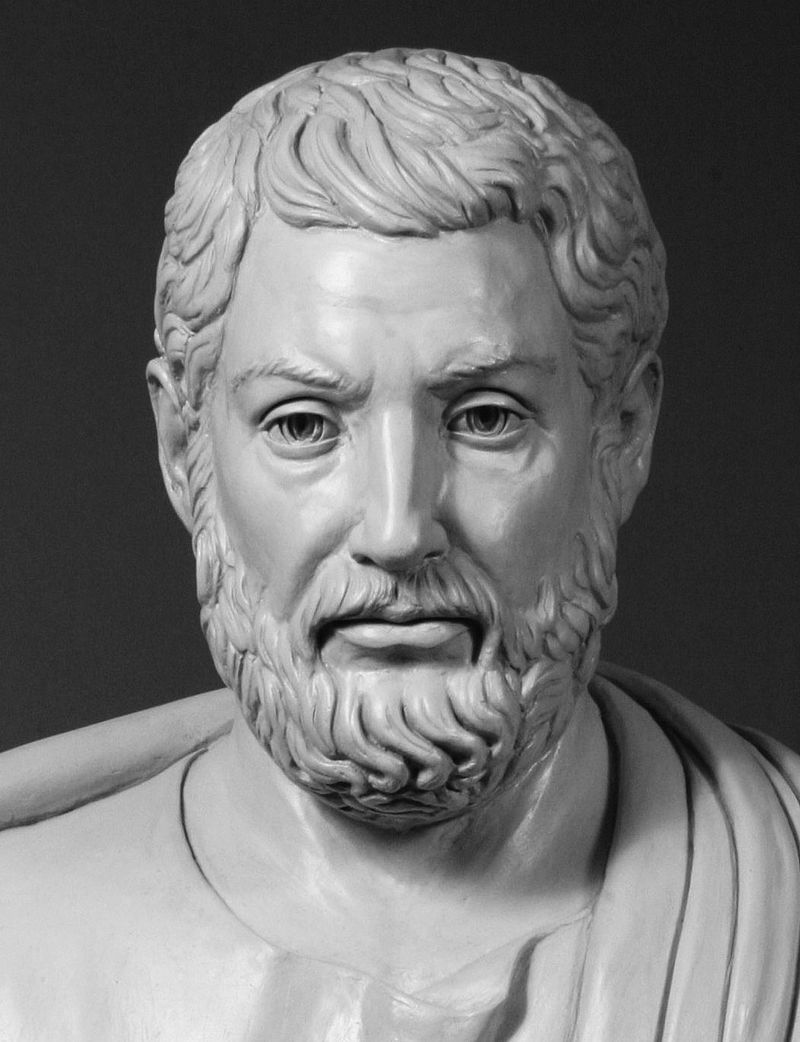
525 BCE - 524 BCE - Cleisthenes (All Facts)
Athenian Archon and lawgiver
Considered the “Father of Athenian Democracy,” he is credited with reforming the Athenian constitution
Through his reforms, he and the people of Athens established
the legal concept of Isonomia - equal rights for all citizens (free men and women)
the legal concept / process of ostracism - punishment for being considered dangerous to Greece (banishment)
Broke up the city-state into administrative units called the “deme” which were combined into “trittyes” and formed ten new “phylai” (tribes) which replaced the prior division in Athens of four tribes in which each tribe chose 50 men to send to the Council of Athens
Through this administrative reorganization, all citizens of Athens, from the richest to the poorest, could be represented on the Council of Athens
This meant that all Athenians were equal under the eyes of the law
This thus stripped the phylai of their political power
When Spartan mercenaries helped him overthrow his predecessor Hippias, they installed a new leader in his place, Isagoras, whom he then wrested power from with the help of the “demos” or people (specifically, the middle class)
Faced a Spartan army led by King Cleomenes I that allied with Isagoras, his rival
Some in his day thought the motive behind his reforms was not genuine and were not to the cause of the people but rather a simple device to curb the power of his rivals among the landed gentry

524 BCE - 523 BCE - Miltiades (the Younger) (All Facts)
Athenian Archon and statesman who led the Greeks against the Persian army at the Battle of Marathon
Persuaded nine other generals to fight immediately instead of waiting for help from the Spartans
Had heard that the Persians had withdrawn some of their cavalry to the ships to prepare for an attack on Athens from the sea
So he chose that time to attack, relying on surprise, speed, and a three-pronged assault across a wide front
His forces ran towards the Persian archers, getting underneath their arrows
At first, the Persians broke through in the center and pursued him and the Athenians inland
The two armies on the flanks, however, defeated the Persian flanks and made a concerted attack on the main force from the rear
They then captured seven Persian ships
Some 6,400 Persians were killed while the Athenian army’s losses numbered fewer than 200
Famous for dying from a wound sustained in an abortive attack on Paros
He led a failed expedition to destabilize Persian influence in the Cyclades and capture the fold reserves of Paros and Thasos
Before his death, he was heavily fined by the Athenians for his failure
Histiaeus (All Facts)
Held hostage by Darius in Susa
His cousin, Aristagoras, took over in Miletus
500’s BCE - Aristagoras (All Facts)
Greek leader who helped Ionia rebel against Persia and instigated the Greek rebellions against Persia and Greco-Persian Wars
Ruler of the city-state of Miletus of Ionia
Took over Miletus after Histiaeus was held hostage by Darius in Susa
Set out to gain favor with the Persians by proposing that they join with him in an expedition to capture Naxos and other Aegean islands and even though the Persians agreed, bad blood developed between him and Darius and the Persians betrayed him and the expedition was a disaster
Cousin of Hisitaeus
A slave arrived to him from Susa who told him to shave his head and when he did he found on the slave’s head a message from his cousin Histiaeus tattooed on the slave’s scalp urging him to lead a revolt against the Persians
So to win the support of the people to rebel against Persia, he overthrew all the tyrants in the cities around Miletus and proclaimed equality under the laws
He then sought help from King Cleomenes of Sparta, by having showed him a bronze map and pointing out the expedition route, which seemed short, but when Cleomenes asked how long it would take and he said three months, Cleomenes rejected his request
So he got help from the Athenians instead who agreed to provide him 20 warships
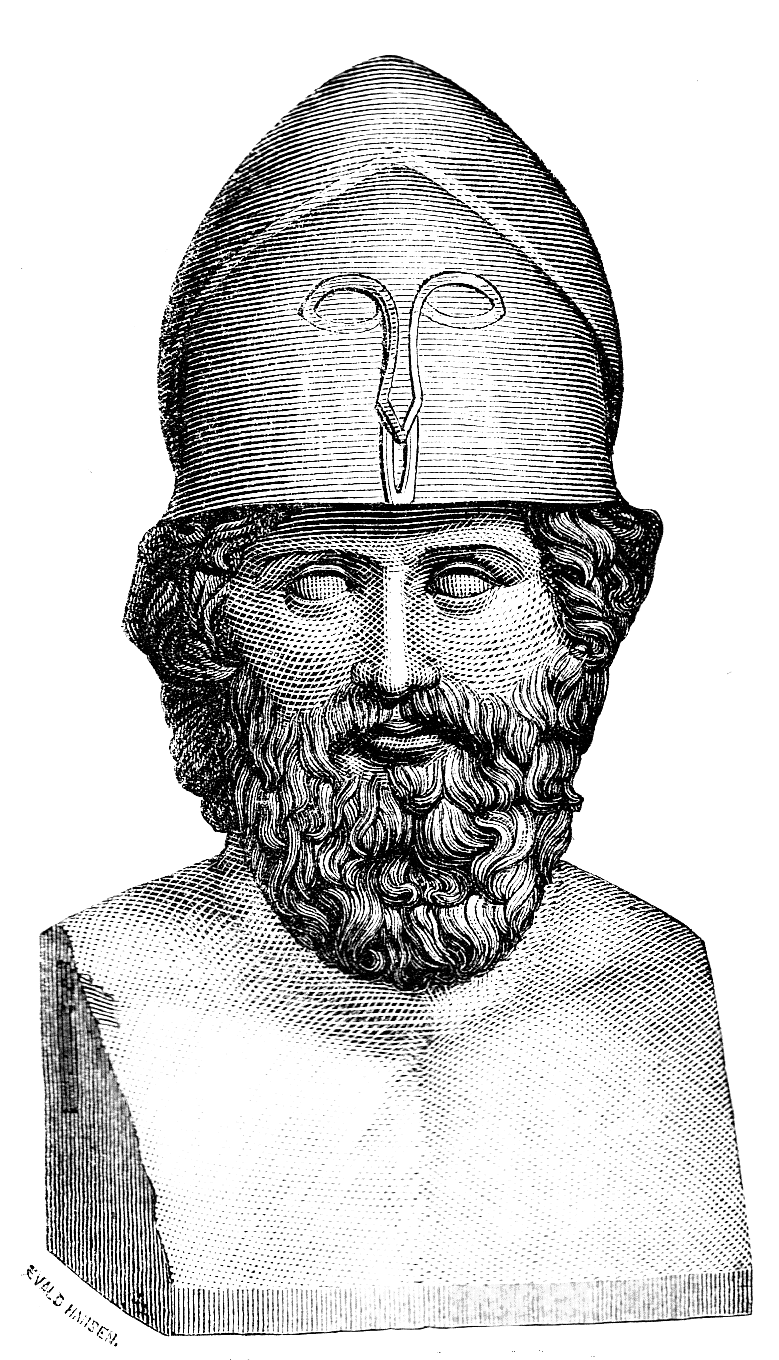
493 BCE - 492 BCE - Themistocles (All Facts)
Athenian Archon, politician and general
As Archon
He convinced the polis to increase the naval power of Athens via a building program which involved the construction of 200 triremes for the larger war against Persia and the smaller war against Aegina
He raised money for the building program by
Persuading his fellow citizens to fund the building program with the recent big find of silver at the Laurion mines
Via the trierarchy, a tax levied on those who own very large amounts of property
He housed the fleet made by the building program by
promoting the modernization of Piraeus, the port of Athens
promoting the dredging of the Bay of Mounychia, in which enormous repair yards were built there
Required 40,000 oarsmen total to man the triremes
He reasoned that if Athens were ever to be defeated by the Persians, or any other power, the triremes that were built could be used for the mass emigration of Athenians towards the west of Greece if in such a time of crisis
As a politician, he
was a populist, having the support of lower-class Athenians, and generally being at odds with the Athenian nobility
was one of a new breed of non-aristocratic politicians who rose to prominence in the early years of the Athenian democracy
advocated for the construction and expansion of the Athenian navy throughout his lifetime
He oversaw the construction of the “Northern Wall” in Piraeus after it had been devastated by the Persians in 480 BCE
Led the whole population in working on the new wall(s), even having demolished public and private buildings to help to provide materials
As a general, he
Led the Greeks in the Battle of Salamis
Fought in the Battle of Marathon
Was eventually ostracized by the Athenians in a decision in which he was voted to be banished, from which he fell victim to ostracism being used as a political weapon
This came as a surprise to many Athenians who revered him for his populism and advocation of the Athenian navy to protect themselves from the Persians
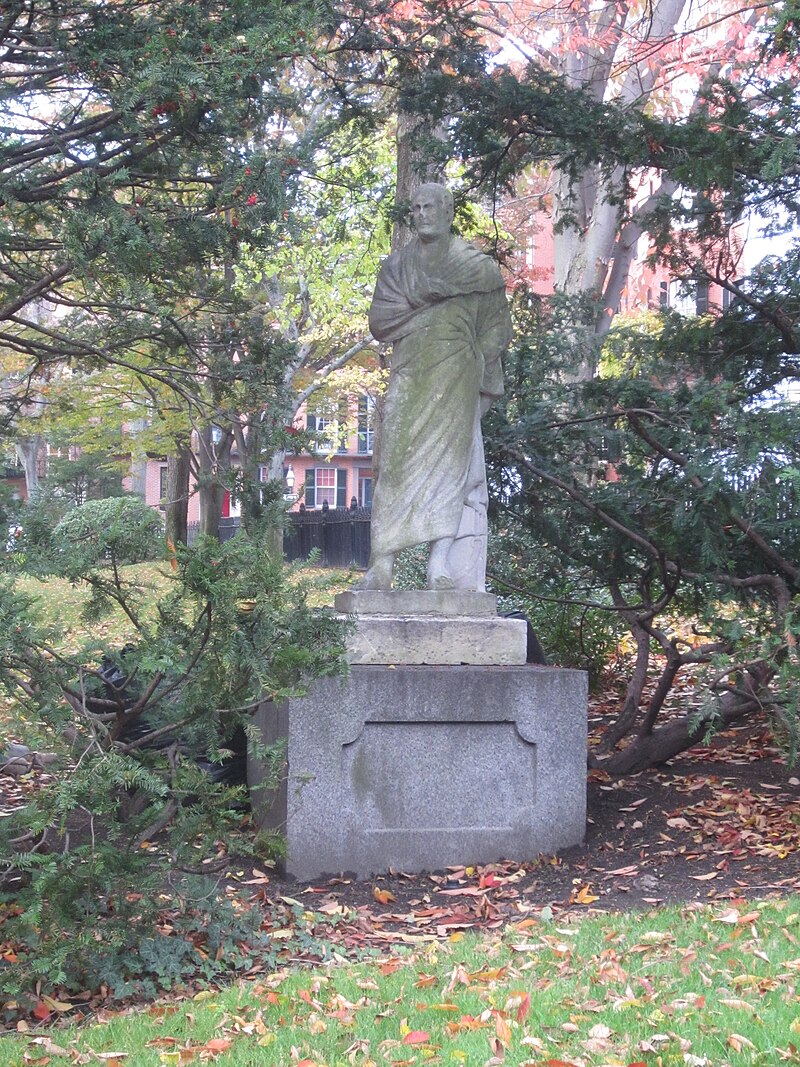
490 BCE - 479 BCE - Aristides the Just (All Facts)
Athenian Archon and Statesman
Convinced Athens’ Ionian allies of the need for an alliance or “Symmachia,” and he would go on to found the Delian League
Proposed that each member should pay an annual tribute to finance a fleet of triremes, with the contribution of each city fixed according to its means
Helped to make Athens the ruling state of the Delian League
Was initially ostracized by the Athenians, but, who, banished in the decade after the Battle of Marathon which he served in as a general, he was later recalled
His rivalry with Themistocles and the democrats led to his exile
Was recalled to command the Athenian forces at the Battle of Platea
Thus, he is remembered for his generalship in the Battles of Marathon and Platea during the Persian Wars
Died in poverty
498 BCE - 491 BCE - Hippocrates (All Facts)
Tyrant of Gela
Profited from a serious social crisis and seized power at Syracuse while the Punic threat grew
480 BCE - 478 BCE - Gelon (All Facts)
Tyrant of Syracuse
Successor to Hippocrates
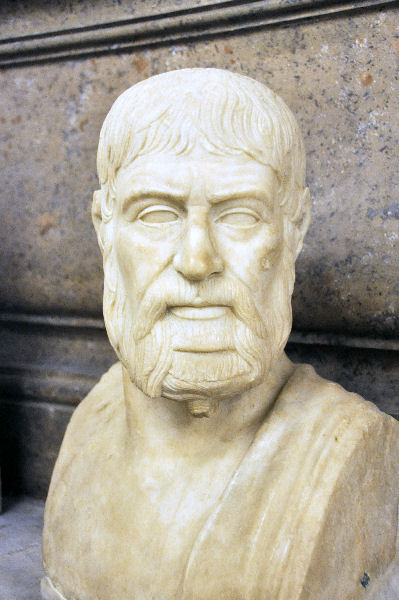
479 BCE - 478 BCE - Pausanias (All Facts)
Spartan Reagent Ruler and General
Led the Greek forces to victory against Mardonius and the Persians at the Battle of Platea
Accused of fomenting a helot revolt in his native Sparta, he took sanctuary in a temple, where he was left to starve to death
478 BCE - 474 BCE - Hieron (All Facts)
Tyrant of Syracuse
Won a great naval victory over the Etruscans, destroying Etruscan sea power
Despite his violent nature, he is a lover of poetry
Patronized Pindar, Aeschylus, Simonides, and Bacchylides
Odes to his success in the horse races at Olympia were written to him by Pindar and Bacchylides

510 BCE - 450 BCE - Cimon (All Facts)
Athenian strategos and politician
Took advantage of Themistocles’ political decline, he became the most powerful man in Athens afterwards
Son of Miltiades
Destroyed or captured most of the Persian ships at the mouth of the Eurymedon River, off the coast of Pamphylia
Regained control of the city-states in Thrace and along the Aegean basin
Secured Athenian dominance in the Aegean
Defeated the Persians in a great naval and land battle at Eurymedon River in Asia Minor in 466 BCE
Came from a powerful and old ruling family, but had to rely on his oratorical skills more so than a hereditary right to govern
Eventually ostracized by Pericles, he acted as the principal negotiator with Sparta during the First Peloponnesian War
He was later recalled from being ostracized in order to lead the Athenians to victory over the Persians at the Battle of Salamis in Cyprus in 450 BCE, having recovered most of Cyprus before he died at the siege of Citium (Larnaca) in 449 BCE
460’s BCE - Ephialtes (All Facts)
Athenian politician and lawmaker (radical reformer)
Early leader of the Democratic movement started by Cleisthenes
Took advantage of the absence of his predecessor from leadership due to his predecessor having gone on a military expedition to Messenia
Respected for his integrity by his fellow citizens
Forced a fundamental law through the Assembly which was designed to establish a new fairness among political institutions by depriving the Areopagus of its principal judicial powers
This thus made it so that everything concerning Athenian administration would be handled by the Council of Five Hundred or the Heliaia
He thus transferred a considerable amount of political power from the aristocracy to the people
He made many enemies as a result
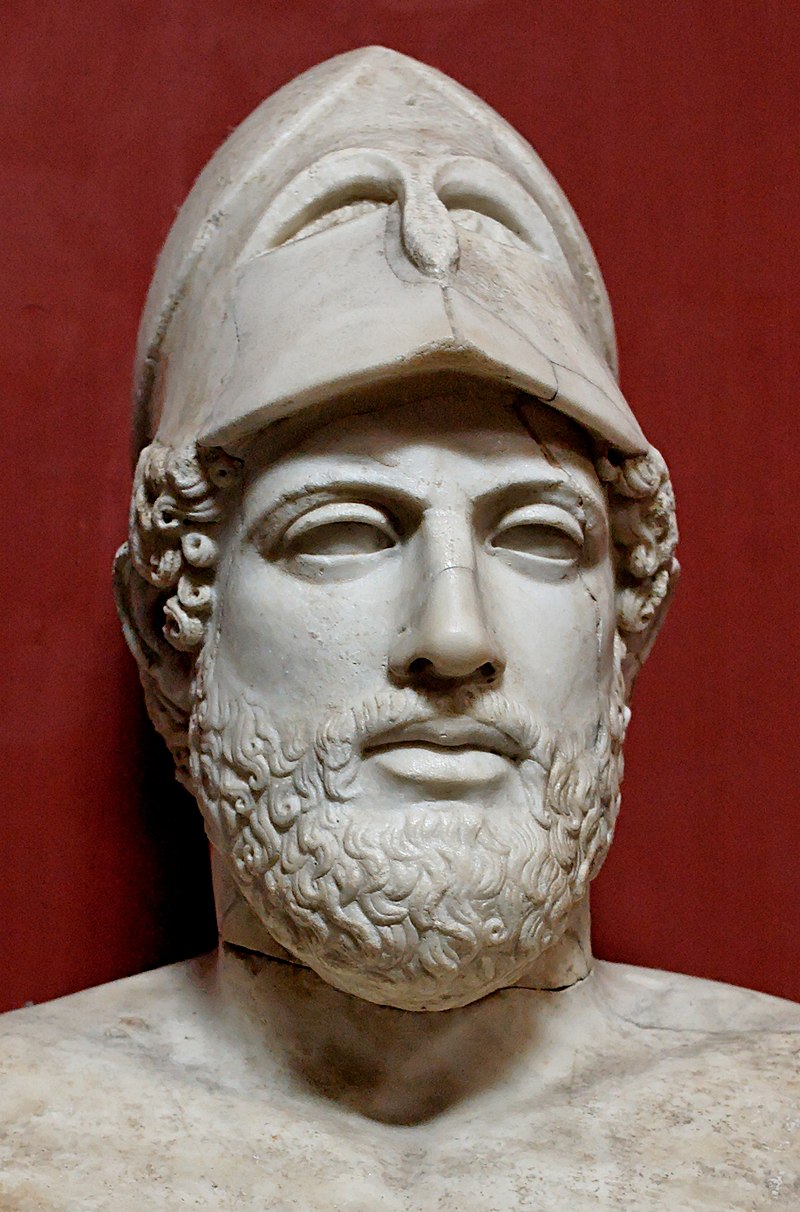
461 BCE - 429 BCE - Pericles (All Facts)
Athenian Archon, general, and orator
As Archon, he
Ruled over Greece during his namesake Golden Age, where he
Oversaw the construction projects of the Acropolis including
The Parthenon
The Erectheum
The Propylaea
The Temple of Athena Nike
Diverted some of the funds raised for defense by other Greek city-states in the Delian League to these projects
His critics alleged that he had misused the allies’ money for the sake of vanity
Saw it as a massive public works project, providing employment for architects, sculptors, painters, craftsmen, and laborers
His critics said he favored his friends like Phidias, the sculptor, to build many of the buildings; and said that he gave Phidias such leeway because Phidias had arranged love affairs for him with Athenian women, when they came on the pretext of looking at the works of art he commissioned
Was determined to turn the Acropolis into
a shrine to Athens’ patron goddess Athena
a showplace for the art of Athens’ citizens
Maintained that Athens had built up the finest navy in the region
Continued the democratic political reforms began by his friend Ephialtes
Made the Athenians fully aware of their power by using the principle of democracy to bring unity and glory to the city-state
Organized a congress of all Greek states in order to
plan the rebuilding of the temples destroyed by the Persians
establish freedom of the seas
establish peace among the states
Although nothing came of these ambitious objectives, he gained much honor as he was appointed commissioner for the building of the Parthenon
As a general during the Peloponnesian War, he
Shored up his position in Athens and restored order in the Aegean after signing a 5-year truce with Sparta in 451 BCE
Checked the Spartan army that marched towards his Athens in violation of the truce
Assisted Egypt in its rebellions against the Persians by blockading Memphis in 459 BCE and assisting them at Papremis
However, the Greeks lost two squadrons in battle there and were bottled up, along with the rebels, within the Nile River
Sustaining heavy losses, the Greeks are put to flight and take refuge in an island in the Nile Delta
Avoided set battles
Gathered the people of Attica behind the defensive walls he had built, allowing the superior Spartan army to ravage the countryside while the Athenian fleet harried the enemy coastline
Seized power by ostracizing his rival Thucydides
Additionally ostracized Cimon, who was later recalled
Came from a powerful and old ruling family, but had to rely on his oratorical skills more so than a hereditary right to govern
Despite his democratic principles and incorruptibility, he remained a rich and haughty aristocrat
He had many enemies who slandered him
Shortly after the outbreak of the Peloponnesian War, he praised the dead of the city of Athens as worthy of their city, and warned that “freedom depends upon being courageous”
Killed by the Great Plague of Athens in 429 BCE
429 BCE - 422 BCE - Cleon (All Facts)
Athenian leader and successor of Pericles
Changed his predecessor’s policy, in which he decided it would be best to raid and blockade rather than avoid set battles
Under his reign, during the Second Peloponnesian War, Athens
Closed the Gulf of Corinth in 429 BCE
Put down a revolt in Lesbos in 428 BCE
Attempted to capture Boeotia in 427 BCE
Seized all but one base in the Corinthian Gulf by 427 BCE
Established a base in Spartan territory at Sphacteria in 425 BCE
Gained victory over Megara and its port Nisaea in 424 BCE
However,
they lost the Battle of Delium in a campaign in Boeotia in 424 BCE
Morale fell by 424 BCE
426 BCE - 413 BCE - Demosthenes, son of Alcisthenes (All Facts)
Athenian general who drove out the Peloponnesian attacks on Athens during the Second Peloponnesian War around 425 BCE
Athenian general who led Athens to victory against the Spartans at the Battle of Pylos in 425 BCE
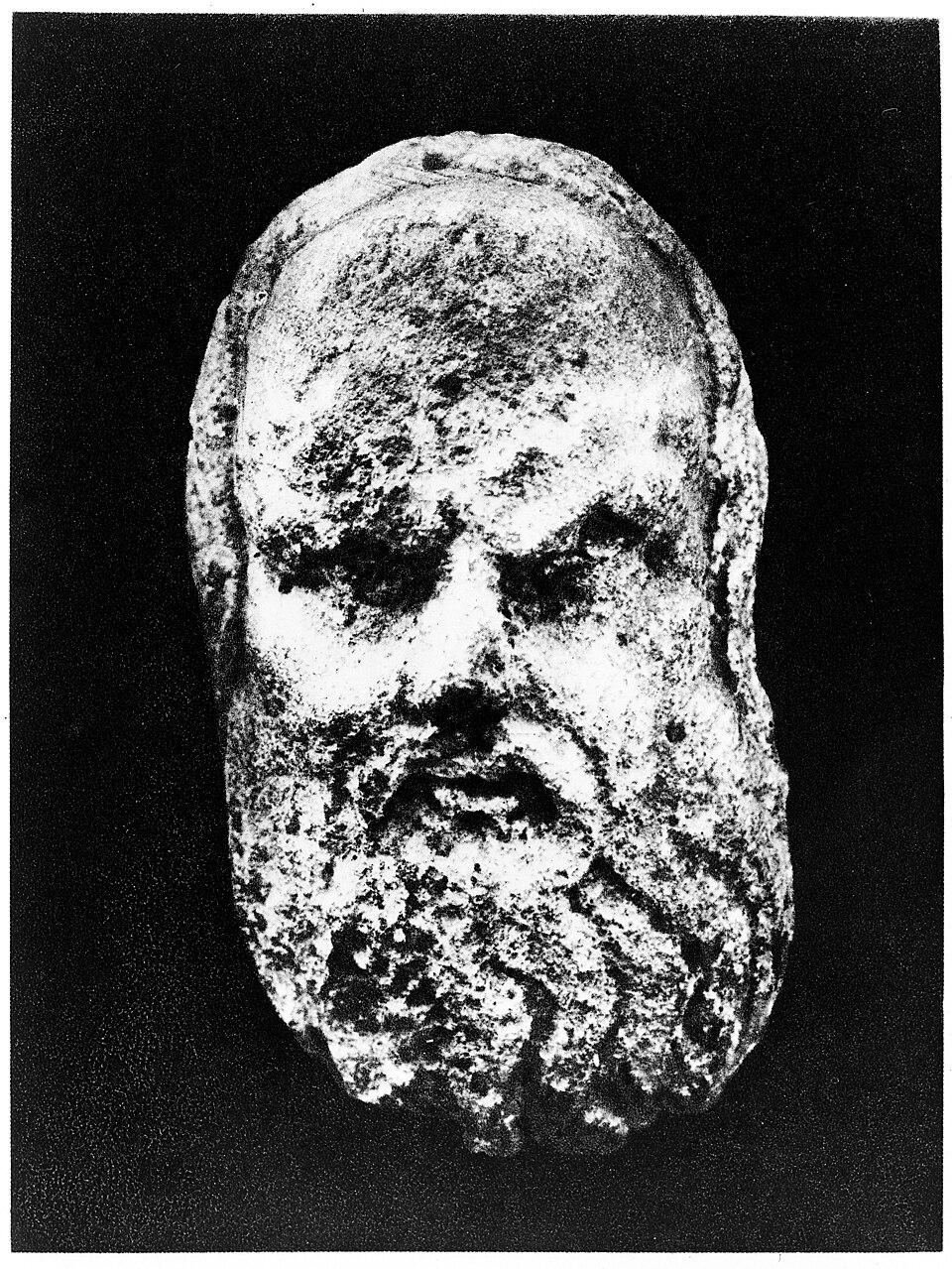
459 BCE - 424 BCE - Hippocrates of Athens (All Facts)
Strategos of the Athenians who served alongside Demosthenes
His column is halted at the Battle of Delium by a phalanx of the pro-Spartan Boeotians in which 1,000 Athenians died in the ensuing battle
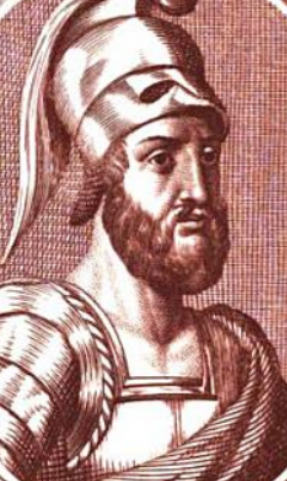
400’s BCE - 407 BCE - Hermocrates (All Facts)
Syracusan general from Greek Sicily during the Athenians' Sicilian Expedition in the midst of the Peloponnesian War who played a large part in bringing about the Syracusan victory against Athens
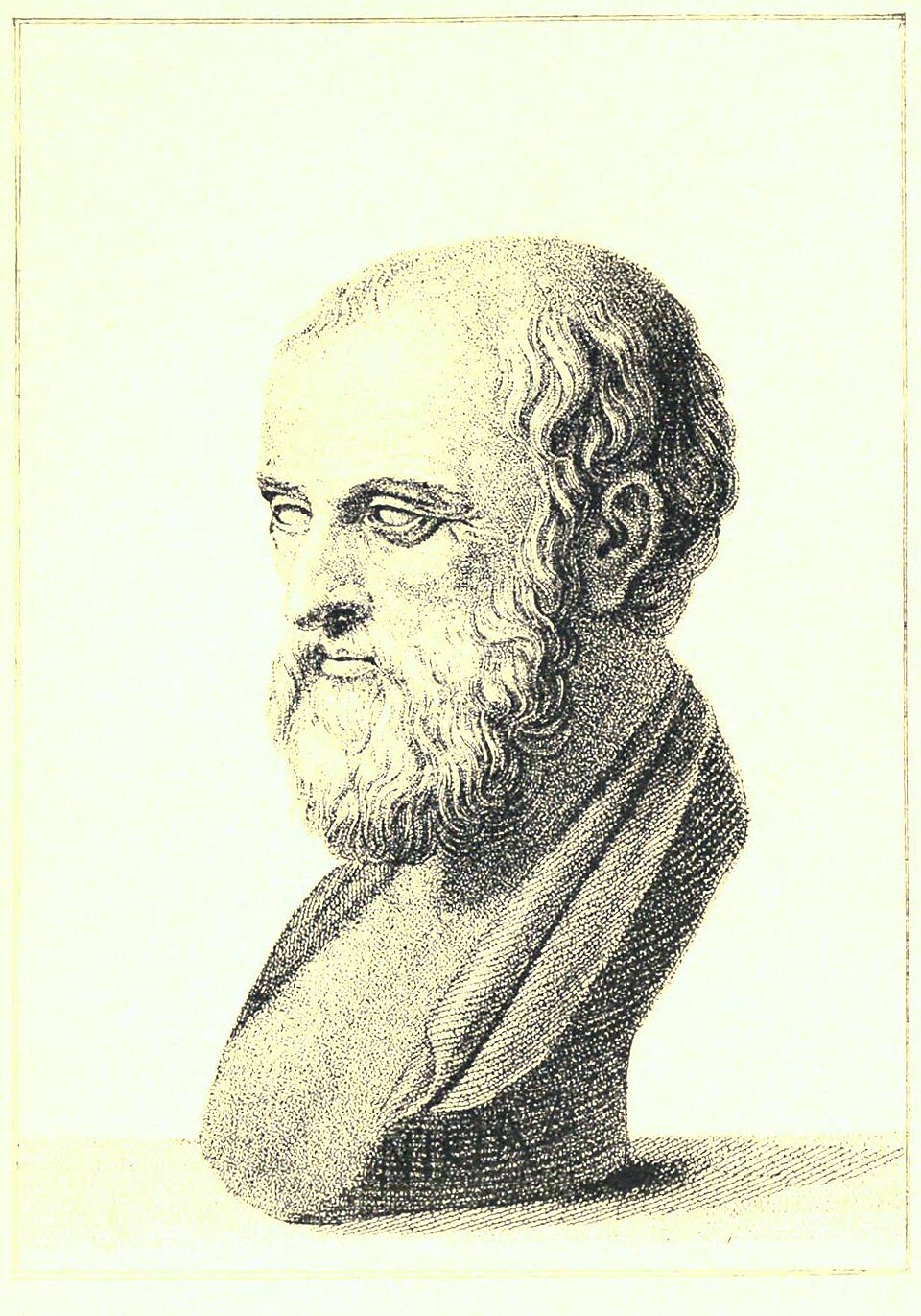
470 BCE - 413 BCE - Nicias (All Facts)
Athenian politician and general
As a politician, he
became the principal rival of Cleon and the democrats in the struggle for political leadership of the Athenian state in which he led a party against him
Politically a moderate conservative, he opposed the aggressive imperialism of Cleon and Alcibiades
Wrote up his namesake peace treaty to make a truce with the Spartans during the Second Peloponnesian War
In his debate with his political rival Alcibiades, he pointed out the dangers of the naval expedition to Sicily proposed by Alcibiades and called into question Alcibiades’ extravagant lifestyle
In response, Alcibiades boasted of the honor that he had brought to Athens by having his chariots come first, second, and fourth in the Olympics
As a general, he
Led the Athenian expedition to Sicily after Alcibiades defected to Sparta
There, the Athenians suffered a major catastrophe
He and his forces were destroyed by the Syracusans and their Spartan allies in a great land and sea battle
Was captured and executed
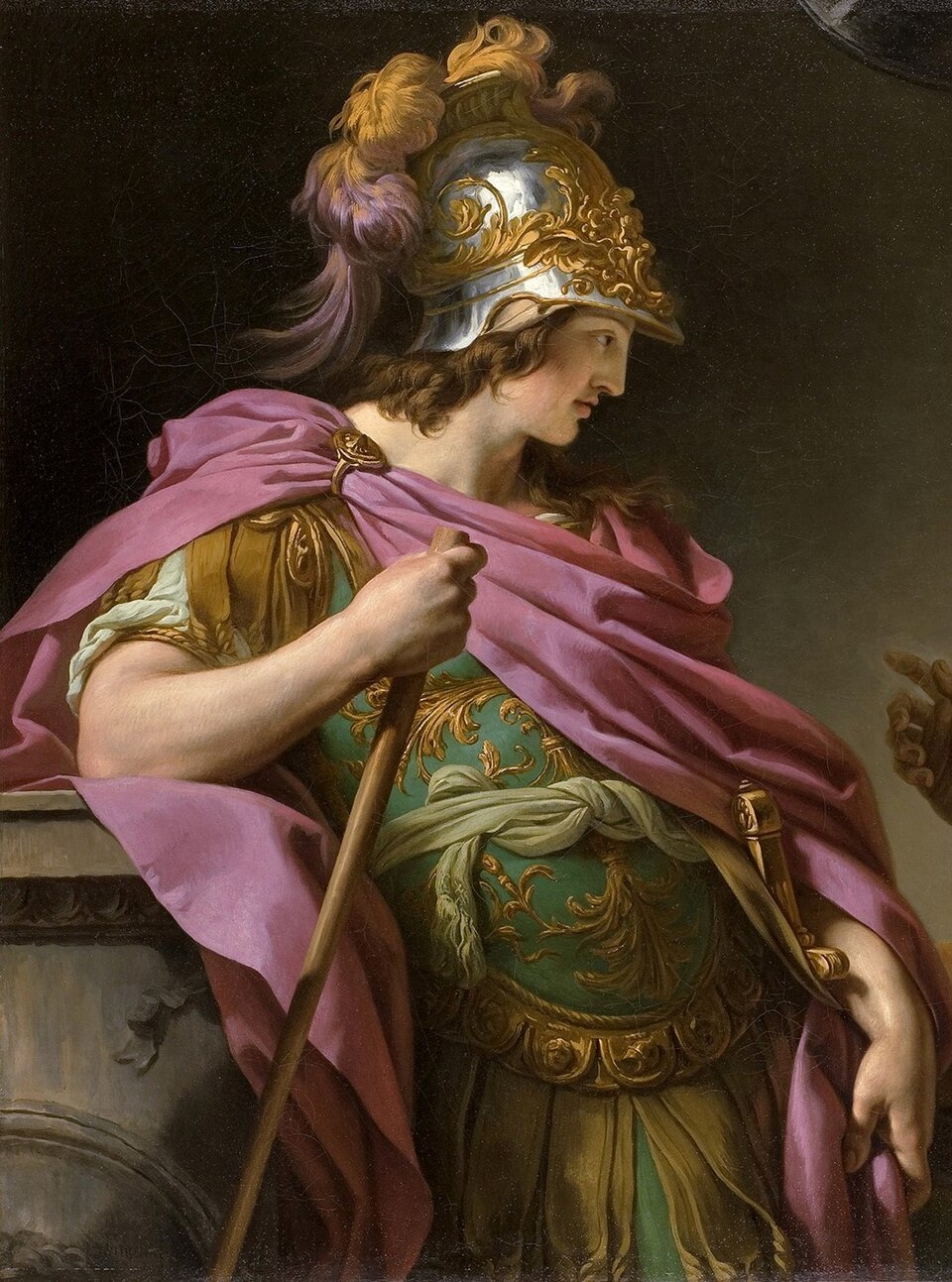
432 BCE - 407 BCE - Alcibiades (All Facts)
Athenian Archon and general
Was a brilliant, impetuous scion of one of Athens’ richest families
Outside of the Peloponnesian War, he is best remembered as a student of Socrates
He broke the Peace of Nicias and resumed the fighting of the Second Peloponnesian War
Opposed to the peace with Sparta established by his political rival Nicias, he demanded the war resume for the greater glory of Athens
He engaged in a famous debate with Nicias in which he had persuaded the audience (the assembly) to send a powerful naval expedition to Sicily consisting of the triremes
When Nicias pointed out the dangers of the naval expedition to Sicily proposed by Alcibiades and called into question Alcibiades’ extravagant lifestyle; he responded by saying that he had brought honor to Athens by having his chariots come first, second, and fourth in the Olympics
His fiery words in the debate were greeted with acclaim, forcing Nicias to bow to his arguments and even to propose that the power of the expedition be increased
Due to his oratorical power, he eventually won and and thus triremes were sent to do battle with Syracuse
Politicians schemed to have him tried for sacrilege because they accused him of mocking the Eleusinian Mysteries and hacking off statues of the god Hermes
Although this was likely done for political reasons, a slave was questioned via torture about who had profaned the Eleusinian Mysteries and the Hermes statues and the slave revealed that it was him
All of his political enemies thus used these incidents of the hacking of Hermes statues and profaning of the Eleusinian Mysteries as a means of blaming him and being able to put him to death since that was the traditional charge for doing these things
In response,
He offered to stay in Athens to face such charges, but his political rivals forced him to take command of his Sicilian Expedition so they could plot against him in his absence
They then recalled him from the expedition, but on the way back he learned they were planning to execute him, so he defected to Sparta
Thus, Nicias took command of the Athenian forces in the Sicilian Expedition
Upon defecting to Sparta, he informed them that it was best for them to invade Attica while Athens was still fighting and suffering miserably from the Sicilian Expedition to which his information proved sound
Upon defecting to Persia, he was eventually recalled back to Athens as a general where he led them in the Battle of Cyzicus, annihilating a Persian fleet there
Returned to Athens, after it betrayed him a few years ago, and was welcomed and pardoned; reflecting the euphoria in Athens after recent victories over the Peloponnesians in Anatolia and the restoration of democracy in Athens

454 BCE - 395 BCE - Lysander (All Facts)
Spartan General in the Battle of Aegospotami during the Second Peloponnesian War who
Singlehandedly brought an end to the Second Peloponnesian War, in which the Spartans came out on top and forced Athens to capitulate
headed a Spartan fleet built with Persian money
destroyed the Athenian vanguard and fleet
caught the rest of the fleet by surprise before it was ready for sea
landed soldiers at the Athenian fortress of Eteonikos
seized part of the palisade
fixed grappling irons to the Greek ships and dragged them away
His soldiers routed the Greeks, who resisted as well as they could, but were disorganized by his surprise attack and soon broke and fled
He played a key role in Sparta's domination of Greece for the next decade until his death at the Battle of Haliartus
Humbled Athens’ glory, having the city be ruled by the Thirty Tyrants which he imposed on it
He had military victories in the Aegean and Asia Minor with the help of his fellow general King Agesilaus, who defeated the Persian Calvary on the Pactolus River
Was killed at the Battle of Haliartus at the start of the Corinthian War, which was a severe blow to Spartan reign
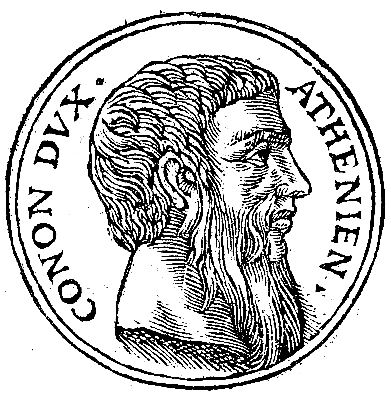
443 BCE - 389 BCE - Conon (All Facts)
Athenian general at the end of the Peloponnesian War
Led the Athenian naval forces when they were defeated by the Lysander and the Spartans with their Peloponnesian fleet at the Battle of Aegospotami
He escaped in his trireme, but, fearing the consequences if he returned to Athens, fled to Cyprus
After going into exile with his followers into Cyprus, he became a mercenary to the Persian King at the time, Artaxerxes II
As an Athenian, he became the admiral for a Persian fleet, and defeated the Spartan fleet led by Peisander at the Battle of Cnidus
Later in his life, he significantly contributed to the restoration of Athens’ political and military power
404 BCE - 403 BCE - Critias and The Thirty Tyrants (All Facts)
Gang of reactionary extremists imposed upon Athens by Lysander of Sparta after their victory in the Second Peloponnesian War
The gang is ruled by the namesake leader and ruled by fear
They were comprised of previously exiled / ostracized opponents of democracy within Athens
They took their revenge upon Athens by killing large numbers of people and indulging with great cruelty in their suffering
Among their victims is Theramenes, the moderate leader who was once their leader’s friend
Systematically eliminated the democrats
Allowed only a privileged 3,000 to bear arms, and anyone not among those 3,000 could be summarily executed
Others were ordered to dispatch themselves with a fatal draught of hemlock, often without a trial
Murdered immigrants who served Athens well and seized their possessions for personal gain
Was one of the saddest and most shameful chapters in Athenian history
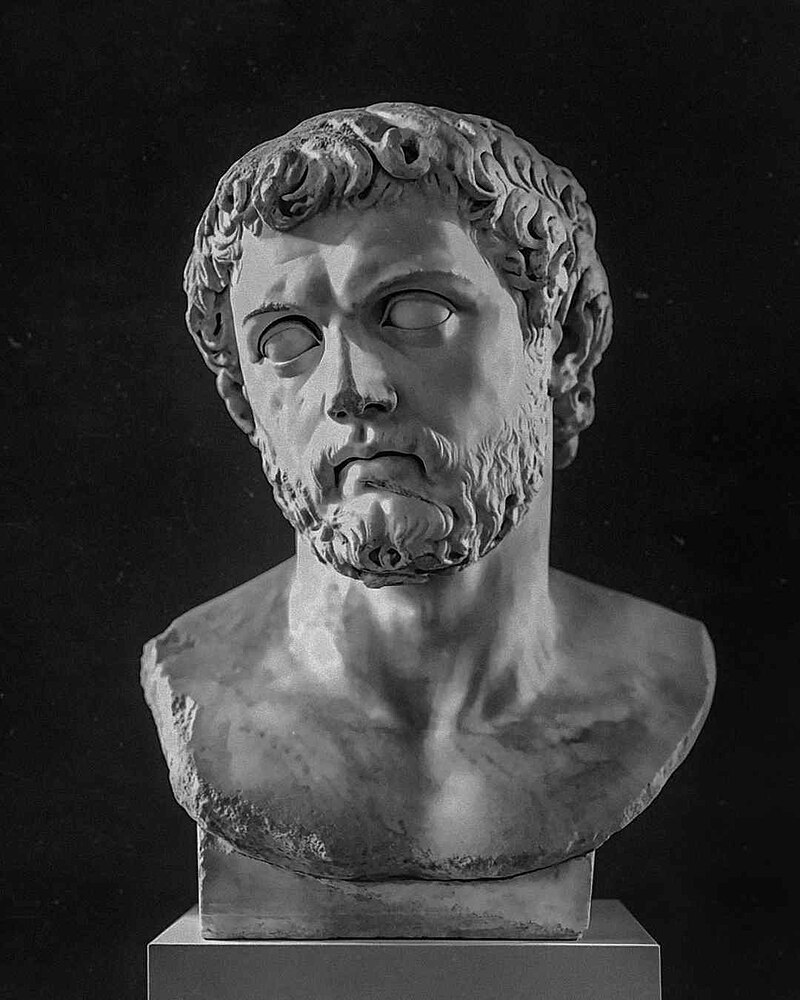
455 BCE - 388 BCE - Thrasybulus (All Facts)
Athenian democratic leader and general
After Athens' defeat in the Second Peloponnesian War, he led the democratic resistance against the new oligarchic government, known as the Thirty Tyrants, imposed by Lysander and the victorious Spartans upon Athens
He commanded a small force of exiles and invaded Spartan-ruled Attica at the Battle of Munychia, having defeated the Spartans there and then the oligarchy; thus having restored democracy in Athens and having reconciled the Athenians of past plights
He declared amnesty for everyone except the surviving members of the Thirty Tyrants and other oligarchic extremists
Was killed in the Corinthian War
400 BCE - 360 BCE - King Agesilaus II (All Facts)
Considered the most important king in Spartan history
Main actor of Spartan dominance following the Peloponnesian War who was brave in combat
Defeated the Persian Calvary at the Pactolus River
However, he lacked the diplomatic skill necessary to curb Thebes, which eventually overtook Sparta as the new city-state power of Greece near the end of his reign
400’s / 300’s BCE - Peisander (All Facts)
Spartan general
Fought and lost against the Athenians and its Persian allies at the Battle of Cnidus during the Corinthian War
Was inexperienced compared to Conon, the leader of the Persian fleet during the battle
300’s BCE - 367 BCE - Antalcidas (All Facts)
Spartan diplomat
Brokered his namesake treaty with Persia, which ended the Corinthian War

432 BCE - 367 BCE - Dionysius I / Dionysius the Elder (All Facts)
Greek Tyrant of Syracuse in Sicily
Made Syracuse the most powerful of the Western Greek colonies
Took advantage of a crisis in Sicily in which its cities were falling like dominoes to Carthaginian raids on them and thus consolidated his power by getting himself elected absolute ruler of his native city of Syracuse in order with the promise of remedying this situation
Consolidating his power into his reign, he conquered several cities in Sicily and southern Italy in order to oppose the Carthaginians and their influence in the region, eventually having them sign a peace treaty in order to open Syracuse up to becoming the most dominant city in Southern Italy at the time, however the Carthaginians nevertheless still controlled about a 1/3 of Sicilian territory by the end of his reign
After his election, he attacked the propertied rich and freed their slaves (in order to boost his own army, not as a means of social reform)
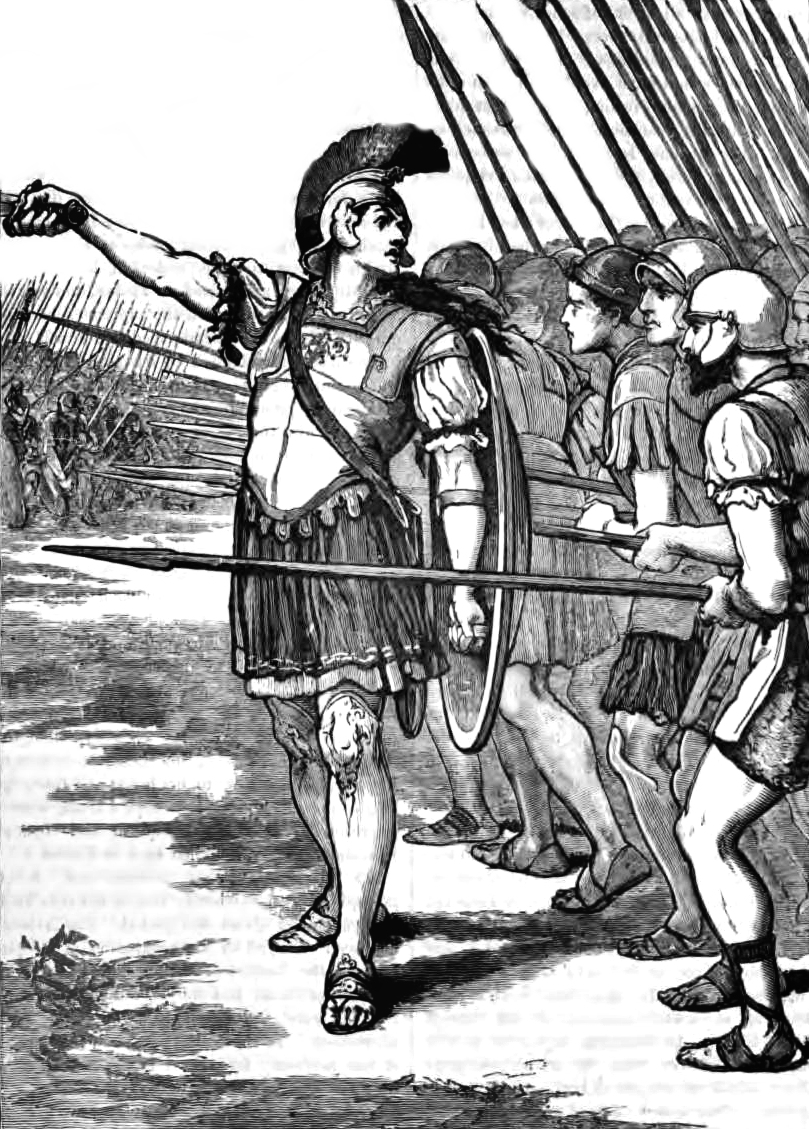
400’s BCE - 364 BCE - Pelopidas (All Facts)
Archon of Thebes and general
Led the infamous Sacred Band of Thebes
Was instrumental in establishing Theban dominance during the 300’s BCE along with Epaminondas
Fought alongside Epaminondas as a general in the Battle of Leuctra
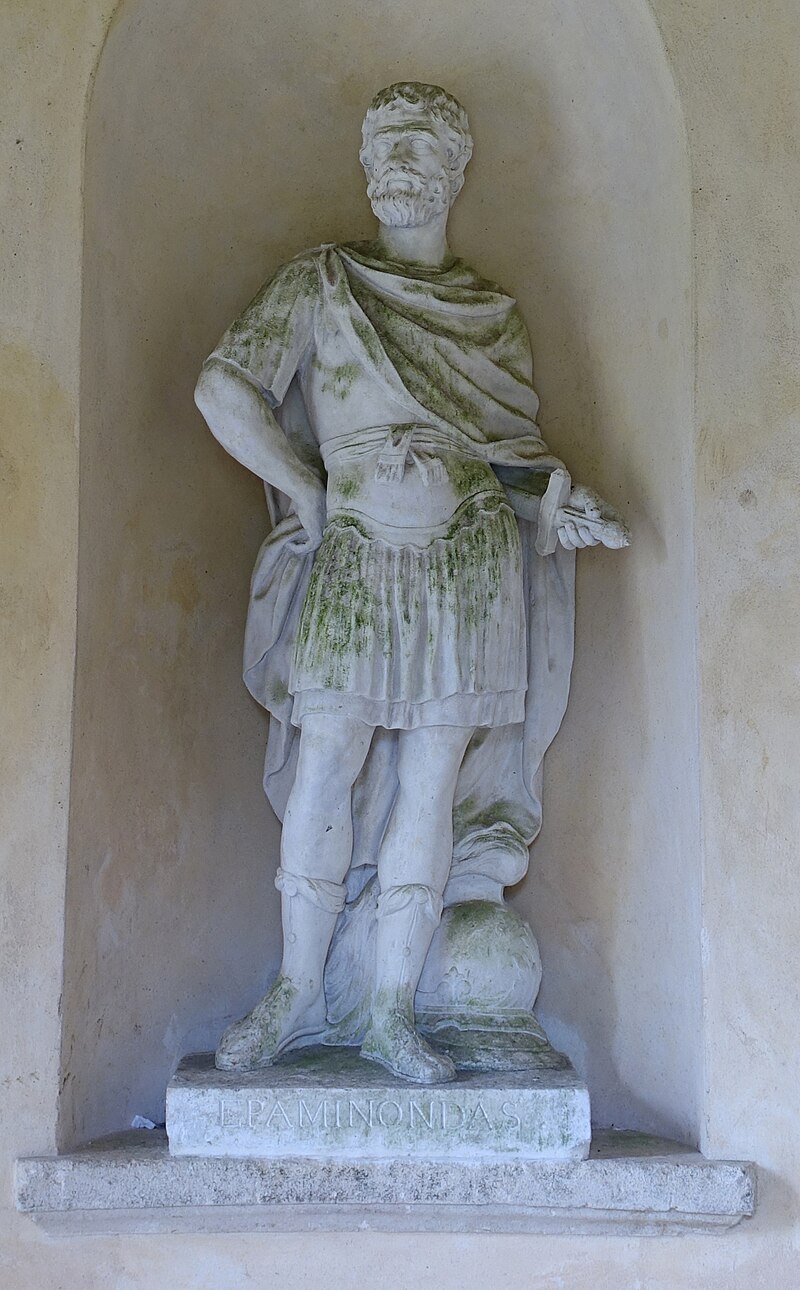
419 BCE - 362 BCE - Epaminondas (All Facts)
Archon of Thebes and general
Transformed the Ancient Greek city-state of Thebes from being under Sparta to having control over Sparta and asserting Thebes as the most dominant city-state in Greece by the end of his reign
Led the Thebans to victory over Sparta, defeating and deconstructing the Spartan military once and for all the Battle of Leuctra
Additionally, after this battle, he liberated the Messenian helots (slaves in Sparta) and allowed them to return to their original home of Ithome which he renamed Messene
Created and shifted many alliances, including making alliances with the Arcadians, Argives, Messenians, Thessalians, Euboeans, and the Boeotian League by the end of his reign
Invented and implemented several important battlefield tactics
Supervised the construction of entire city-states
Killed in the Battle of Mantinea
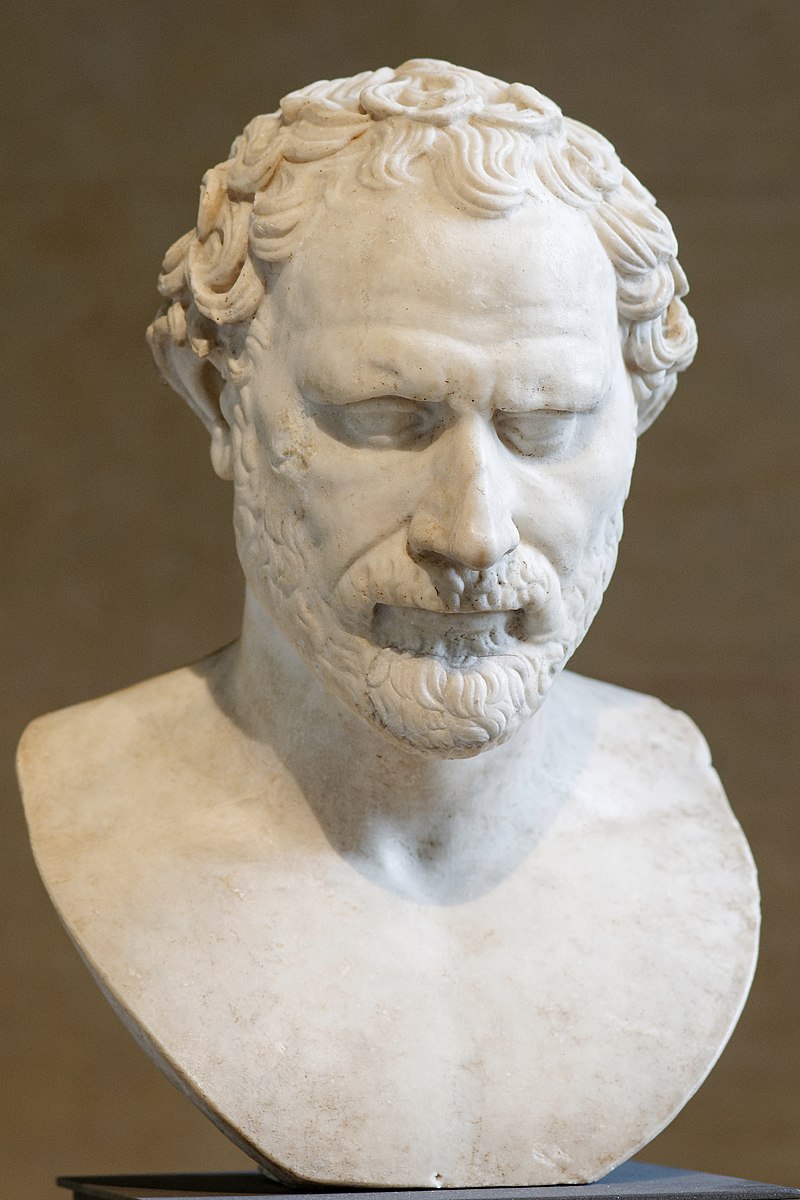
384 BCE - 322 BCE - Demosthenes (All Facts)
Athenian Archon, orator, and lawyer
Embodied Athenian civilization and the defense of freedom and democracy in his “Philippics” in which
Denounced the expansionist policies of Philip II of Macedon
Castigated his fellow citizens for their lack of awareness
Convinced the Athenian assemblies to send an expeditionary force to the Chalcidice Peninsula in lieu of Philip II of Macedon’s conquests, but their reinforcements to the Chalcidians were tardy
Warned Athenians not to trust Philip II of Macedon
Instead, he advocated they
support cities threatened by him
build up the army for the inevitable war with Macedonia
However, Athens largely ignored him and by the time they listened it was too late
Engineered an alliance for Athens with Thebes in order to curb the growing power of Philip II of Macedon during his reign
Even after the Athenian-Theban defeat at the hands of Philip II of Macedon in the Battle of Chaeronea, he held a unique position of trust and respect amongst his people
He was chosen to a deliver a funeral oration for the dead of the Battle of Chaeronea
He was granted a crown of gold for his effort to organize and defend the Athenian people leading up to the battle
Learned his legal skills as a young man in a prolonged battle to recover his patrimony from dishonest guardians
He won his case, but there was no money left
From that point, he began to earn his living by writing speeches
Eventually, he rose to the rostrum of the assembly, learning to improve his diction
His arguments often failed, having argued against the war in 354 BCE and for the war in 351 BCE
However, he gradually won a reputation for speeches characterized by powerful logic, withering sarcasm, and use of dialogue that kept his audience enthralled
Created Athenian propaganda which asserted that the Macedonian capital of Pella was a “puny little village”
This propaganda, however, was contradicted by eye-witness accounts of contemporary travelers who visited it
Outliving Alexander the Great by a year, he committed suicide in retaliation of Macedonian efforts to control him and his Athenian people
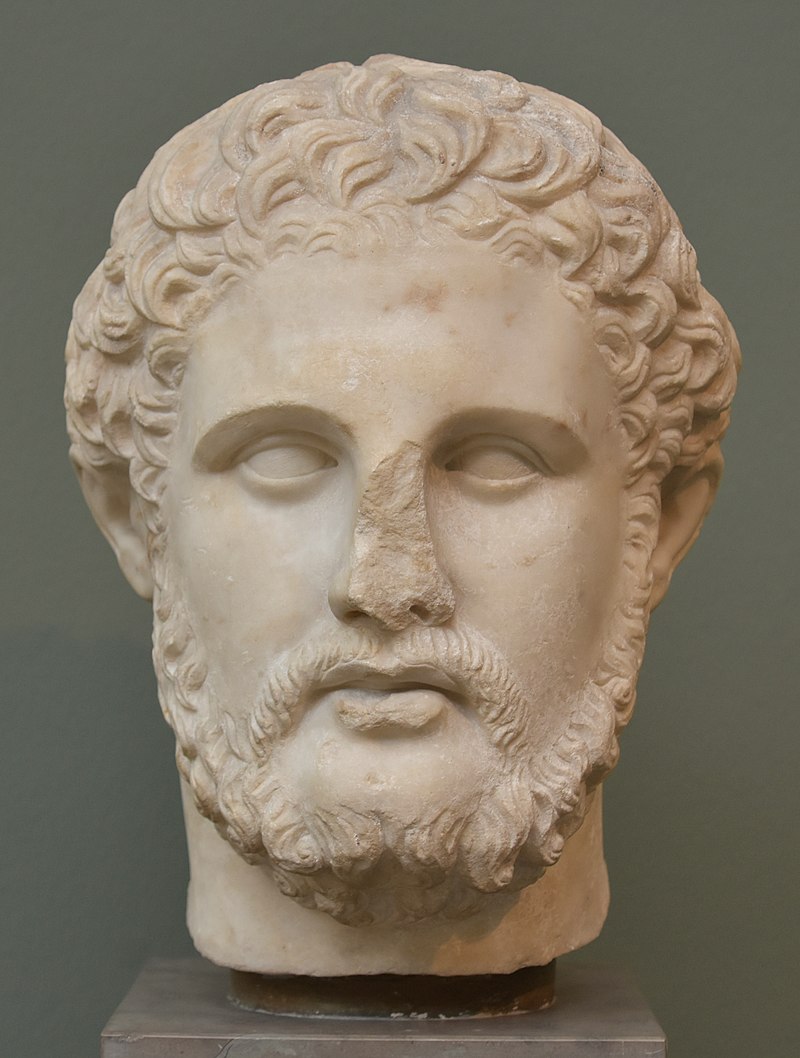
382 BCE - 336 BCE - Philip II of Macedon (All Facts)
Proved to be a master of political strategy and a military genius
King of Macedonia known for his having conquered and politically consolidated (unified) (much of) Ancient Greece, especially after the demise of Thebes, Sparta, and Athens over the years that culminated in the Battle of Mantinea in 362
Prior to his political consolidation of Greece, he had conquered, consolidated, and controlled the Thracian Empire, from which he obtained his wealth
There, he ruled one of the most culturally, economically, and politically advanced regions in the world at that time over lands that stretched from the Danube River to the Bosporus Strait
Became regent of the small kingdom of Macedonia after the death of his brother, King Perdiccas, whose son was a mere child
King Perdiccas son, Amyntas, was deposed, and the namesake ruler was put in his place and confirmed absolute king of Macedonia by 356 BCE
After 20 years of war, he and his fellow Macedonians took stock of the huge and wealthy Thracian empire which they controlled by the time of his assumption to the throne
He transformed Macedonia from a wild frontier kingdom outside Greece into a powerful military state
By his 20’s, he already displayed unusual diplomatic and military wit
In 356 BCE
his horse wins in that year’s chariot race in the Greek Olympics
he and his wife, Olympias, give birth to his son, Alexander (the Great)
Consolidated his power by
Using the wiles of diplomacy, marriage, banking, corruption, and sabotage
Capturing Amphipolis around 356 BCE
Allying himself with the Chalcidians and Thessalians, he signed a pact with Chalcidian league which essentially made them allies against Athens
Took the city of Potidaea by 356 BCE
Taking Olynthus by siege and destroying it, securing control of Chalcidice peninsula
When the Chalcidian league learnt of his intentions, they defected to Athens but were destroyed by him before they had a chance to see Athenian reinforcements
Defeating the combined forces of Athens and Thebes in the Battle of Chaeronea, in which he and his son Alexander were made citizens of Greece after
Winning the (Third/Fourth) “Sacred War,” in which he gained Greece’s supreme Oracle at Delphi and ascendancy over Greece by 346 BCE
His advance and involvement in Greek affairs drew bitter attacks from Demosthenes, but whose warnings he successfully attacked prior to their results, having captured the city of Olynthus and razing it to the ground
Forced Phocis to sue for peace by 346 BCE
Defeating Illyria to the north of Athens
Using a temporary peace with Athens to join Thebes in its “(Third) Sacred War” against Phocis, and then took all the benefits of the war for himself at the expense of Thebes
Attacking Athens’ allies in Thrace-Gallipoli in 341 BCE
By 337 BCE
he conquers the Greeks, forcing Athenian leaders to accept peace on terms which effectively end the traditional independence of Greek city-states
he marries Cleopatra, a woman from the Macedonian nobility
This, however, caused a stir in the Macedonian court as it was polygamous in nature
His decision to do was based on a concern he had about his line of succession since his second son, Arrhidaeus, was suffering from epilepsy so he thought it wise to have a third son
In 336 BCE,
After attending a state ceremony at which his own statue was displayed as a new Olympian God, he was stabbed to death by Pausanias, a royal bodyguard of his with a grudge, and is succeeded by his son Alexander (The Great)
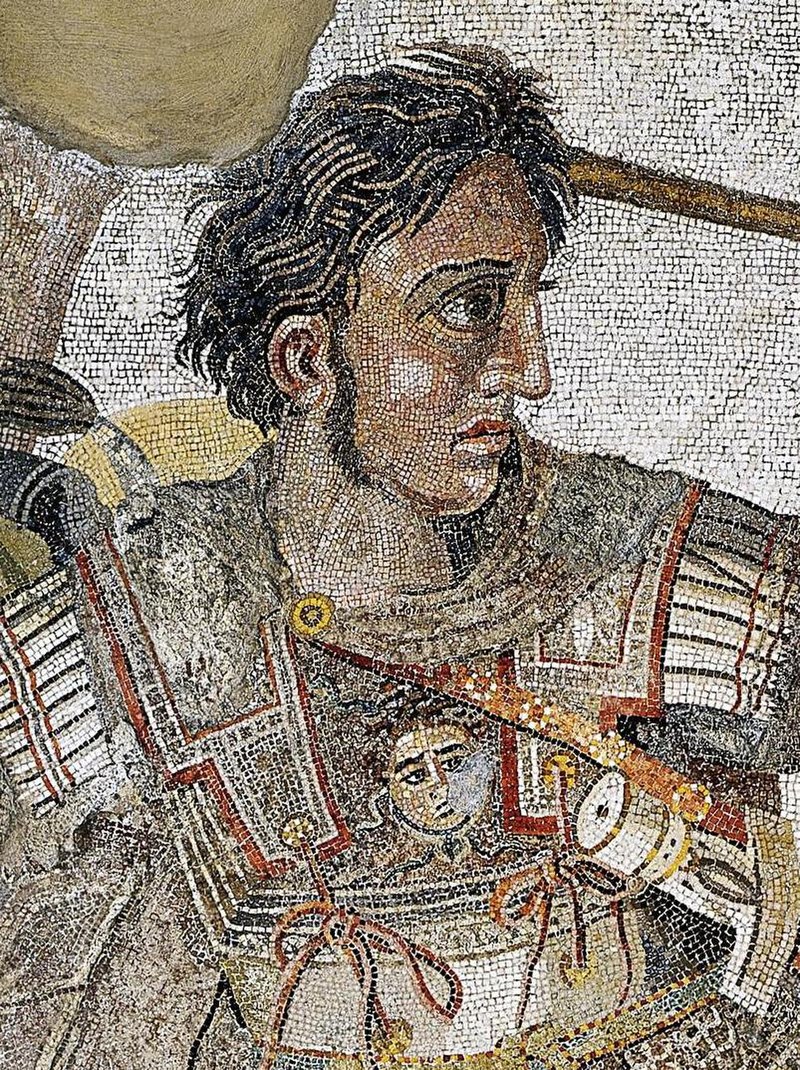
356 BCE - 323 BCE - Alexander the Great - Early Life and Consolidation of Greece (All Facts)
Was already a veteran of warfare and government by the time he was 20 years old and ascended the Macedonian throne after the assassination of his father Philip II
Acted as regent of Macedonia while his father Philip II was on an expedition to Byzantium
Fought his own local war against the Thracian Maedi
Played an important role in the Battle of Chaeronea in 338 BCE, in which he fought and in which his reputation spread throughout Greece
His ambition to be accepted as a true Greek would drive much of his decisions and conquests later on in life
Had a rich and complex education
Exposed to hard lessons in practical politics within the family circle
Her mother’s kinsman, a man named Leonidas, introduced him to the Homeric legends as a guide to practical living from the art of war to navigation
Became a student of Aristotle, having been tutored by this greatest philosopher of the age
Studied medicine, geometry, rhetoric, and literature in a city called Mieza
Came under the influence of his mother, Olympias
Did not get along with his father, especially after he married Cleopatra polygamously in 337 BCE and Cleopatra’s uncle Attalus predicted that their son would be heir instead of him
However, he was persuaded by his father to come out of self-imposed exile in Illyria, after escorting his mother to sanctuary there
By the age of 23, he had set out on his first military campaign in which aimed to punish the Triballi for their 339 BCE rebellion in Macedonia and re-establish order in the Balkans, with his victory reinforcing Macedonian power in the lower Danube region
Led a pre-emptive attack against the Triballi and the Illyrians which took him across the Danube River
Consolidated his power by
Gaining the support of the army
Purging politically unreliable individuals
He had two Macedonian nobles executed for failing to make public homage to him promptly enough
Sent an army unit to bring Cleopatra’s uncle Attalus out of hiding for plotting against him along with Demosthenes
Launching swift punitive expeditions against any disloyal regions including the suppression of rebellions by hill tribes in the north
After a forced march of 310 miles in 13 days, he stormed the city of Thebes after they had split from the Greek Federation based on a false rumor that he had been killed in action
Systematically destroyed everything except temples and the home of Pindar the poet
Sold its 8,000 people as slaves and sold their homeland after splitting it into lots
In response, other states hastily sought his pardon
He had effectively crushed the revolt in Thebes
It was at this point that many Greek city-states recognized him as captain-general for their war against the Persian Empire
As he was forcibly unifying Greece, he sought the Oracle at Delphi’s advice on how to defeat Persia
He summoned the presiding priestess, who refused to perform the ceremony for him
So he manhandled her towards the temple but as she began shouting to everyone that he was invincible, he released her and said he had no further need of prophecies
Despite his confidence, he had no idea who to trust to put into high positions, and regiments from these areas he had to make second-rate members of his expeditionary force, or even potential hostages
Built a city named after him on the Egyptian coast in the west of the Nile River Delta
His decision to build and establish the city was announced after he had visited the oracle of Ammon at the Siwa Oasis in Libya
This was because he wanted to trace his birth back to Ammon, who was identified by the Greeks as their own Zeus and was not disappointed
Was guided to the oasis by two black crows
Was greeted by a priest who hailed him as the “son of the god” (Ammon)
He built it in order to be used as a naval base for his war against the Persian Empire
Appointed the youthful Cleomenes viceroy over the city, having instructed him to spare no expense in the construction of the city while he went away to fight the Persian Empire
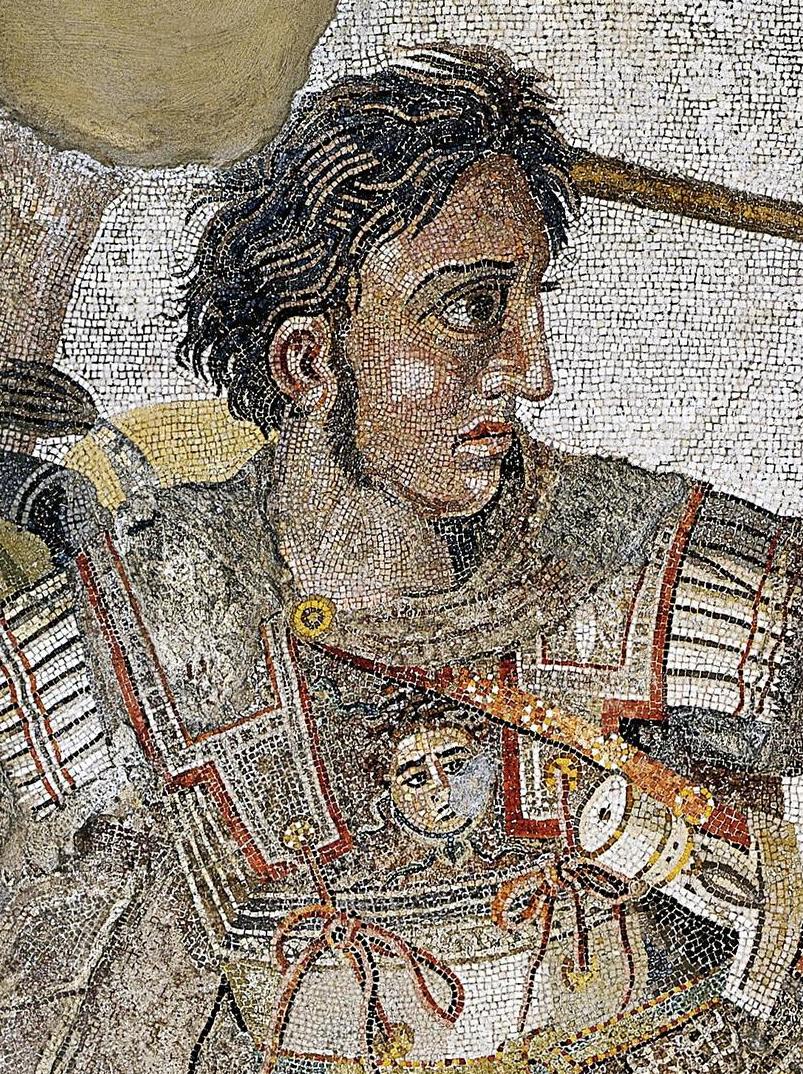
356 BCE - 323 BCE - Alexander the Great - Military Expansion (All Facts)
Attacked and defeated the Darius III and the Persian Empire
Campaign which begun when he had crossed into Anatolia with his men in 333 BCE
Took Persian Anatolia in the Battle of Granicus River in 334 BCE
From there, he liberated the Greek cities of Anatolia from the Persians
Then, he cut the “Gordian knot” with his sword and proceeded to fulfill the prophecy or myth of Gordium that whoever untied the knot would rule all of Asia
Took Darius III’s family in the Battle of Issus in 333 BCE
The Persians had a bigger army (he had only 30,000 men), but he had a better one
Thus, he effectively conquered Anatolia and defeated the Persians
Took the cities of Phoenicia, all of which surrendered to him except Tyre, which, after an 8-month siege in 332 BCE, he took, having killed 8,000 of its citizens and selling 30,000 into slavery
He swept through Syria and Palestine to subdue Egypt
Marched on Persepolis, allowing his army to pillage the royal city
He wanted to take Darius III alive, but the Persian King was already killed from stab wounds by rebels led by his cousin Bessus when he had caught up to their wagons in Persepolis and many Persian civilians had already fled prior to his arrival
Nonetheless, he caused the collapse of the Achaemenid Dynasty due to Darius III’s death
Expanded the Greek-Macedonian Empire even further into India
Although his army was victorious, he lost almost half of his men due to the toll taken on them by heat, hunger, and thirst on the long march from the Punjab
He and his men had
fought their way across and penetrated Afghanistan
penetrated the Khyber Pass
descended on the Punjab plain
Secured the conquest of Bactria and Sogdiana by 327 BCE
vanquished Porus, the last Persian rajah at the Battle of Hydaspes in 326 BCE
struck through the Hindu Kush into Turkestan
Crossed the Oxus River and reached Samarkand
Captured the Scythian chief Oxartes, whose daughter Roxana he married
To unite his new empire he organized to forge links between Greeks and barbarians
He did this by encouraging (or forcing, in many cases) his men to form marriage alliances with Asian women
He was able to get 90 of his Greco-Macedonian companions and 10K of his soldiers to marry daughters of Median and Persian nobility, either by encouraging them or by force
He himself adopted certain Persian customs to facilitate this process
This was unprecedented at that time
He had strived to gain acceptance by the cultivated Greeks as king of the rugged Macedonian tribes
By this point, he seemed to be betraying that ideal
As a result of this, among other factors, discontent began to grow in his army
From this point, he began sniffing out conspiracies and grew increasingly paranoid, putting to death his faithful chief of staff Parmenio
When he intended to penetrate as far as the Ganges River, his troops refused to go further and he sulked in his tent before giving way
Thus, he divided his forces
He sent the main body back through Afghanistan
He dispatched another body as a fleet down to the Indus River with orders to sail along the coast to reach the Persian Gulf
He sent a third force across the desert of Baluchistan, which was a terrible 3 month march for him and them
He had veterans from his army garrison Greek outposts that were made from all the cities he established wherever he went to guard his communications
All of these outpost cities were named after him

356 BCE - 323 BCE - Alexander the Great - Later Rule and Death (All Facts)
He sought to bind the conquered Persians to his cause by offering satrapies to Persian grandees and recruiting 30,000 Persian youths for his armies
He took another oriental wife, Satira, the daughter of Darius III, before leaving Susa for Babylon
In 323 BCE, he had come down to Babylon, where embassies from all parts of the known world were waiting to pay homage to him
In Babylon, he ordered the construction of an immense fleet
Under his supervision, a great basin was excavated in the Euphrates River capable of taking 1,000 ships
Wanted to open a sea route from Babylon to Egypt round Arabia
Sought a passage from the Caspian Sea to the Northern Ocean
In the year since he had returned from India he had devoted himself to
Overhauling the imperial administration
Dismissing official judged to be incompetent
Dealing with complaints of corruption
One morning he awoke with a fever and he became delirious
As this happened, his palace swarmed with generals, soothsayers, and priests who made sacrifices and uttered incantations
One by one, the men of his Macedonian army passed through his sick-chamber and bid him farewell
It was said that he recognized each man by name
He eventually died as the sun was setting on the plain of Babylon at the age of 32
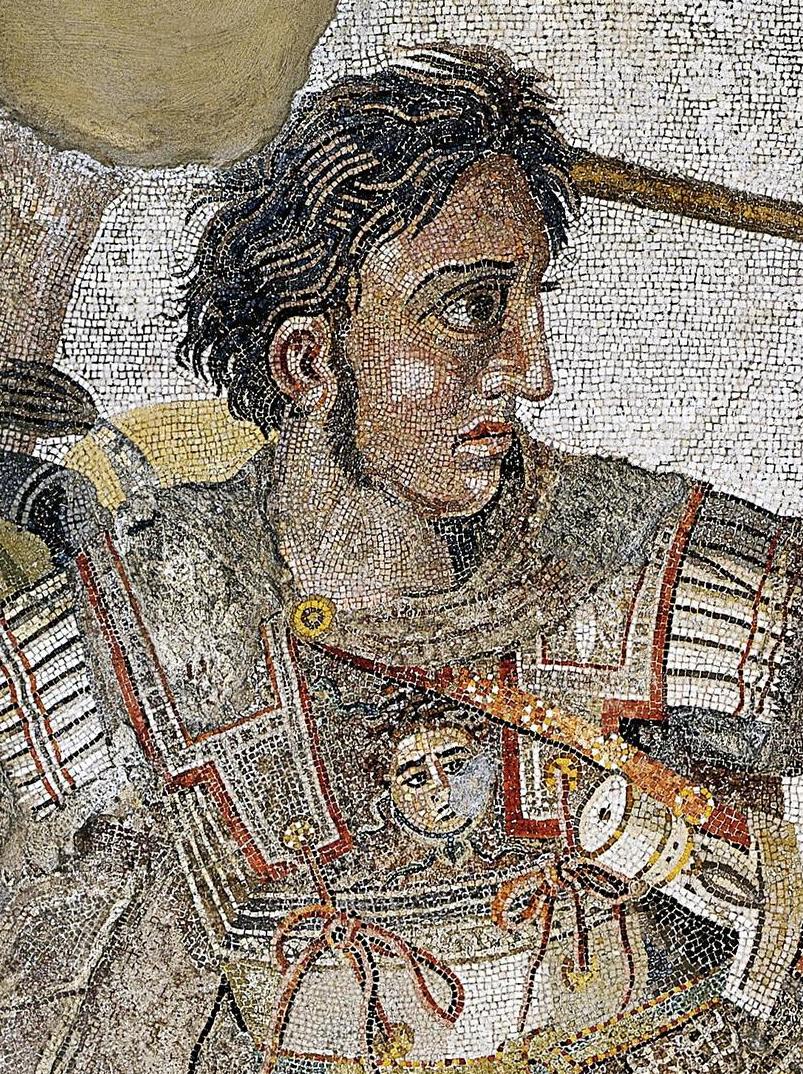
356 BCE - 323 BCE - Alexander the Great - Legacy (All Facts)
Leader of the Greek Empire and Hellenistic World
His army was unique, having, for the first time in the history of the world’s armies been composed not just of infantrymen, archers, javelin-throws, and phalanxes; but also of engineers, architects, surveyors, scientists, and historians
He brought Greek culture and learning as far as the distant lands of Asia conquered by he and his army, thus Hellenizing the world
When he crossed the Hellespont into Anatolia, he began what would comprise ten years of war that would spread Hellenism far and wide
Everywhere he went, he founded cities to guard his communications, some of which became major trading hubs
Was a military genius and a man with a vision
He left such an impression on the conquered Persians that they adopted his name, calling members of his royal family Iskander
After his death, his new Greek Empire split into four kingdoms, disintegrating into a welter of bloodshed in which an intermittent civil war among the Empire had occurred
After his death, the cities which he founded throughout Anatolia, Syria, Persia, Mesopotamia, Egypt, and Greece itself flourished and power eventually passed to princes steeped in Greek culture
As these cities grew, men of enterprise migrated from the cities of mainland Greece to seize the opportunities offered by the wider Hellenistic world he had created
300’s BCE - 323 BCE - Leosthenes (All Facts)
Athenian Commander of the combined Greek army during the Lamian War
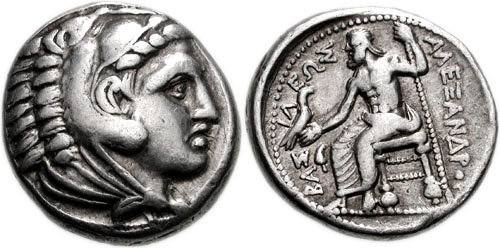
400 BCE - 319 BCE - Antipater (All Facts)
Macedonian general, regent and statesman under the successive kingship of Alexander the Great
Viceroy and Regent of Greece and Macedonia after Alexander the Great’s departure to Asia
Forced Athens to sue for peace under terms which essentially entailed the end of democracy there
Now the Athenians were forced to accept his terms
Made peace with individual cities, thus cunningly dividing his enemies
Died and was succeeded by his son Cassander, however there was a succession crisis in between which affected Cassander to the point of his wanting to take revenge on his enemies
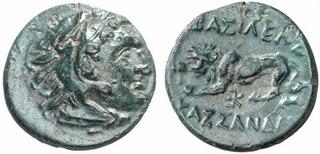
305 BCE - 297 BCE - Cassander (All Facts)
Ruler / regent of Southern Greece
One of the Diadochi who declared himself king and warred over Alexander the Great’s empire following his death among other contemporary rulers
He had dominion over Macedonia by the end of his reign
Seized and consolidated his power by murdering many of his enemies associated with Alexander the Great including
Alexander the Great’s mother Olympias - he stoned her to death as an act of revenge stemming from the succession crisis created by his death
Alexander’s epileptic half-brother Philip Arrhidaeus and his wife Eurydice
Alexander’s widow Roxana
Alexander’s son, Alexander IV
337 BCE - 283 BCE - Demetrius - Before Reign (All Facts)
Defeated Ptolemy of the Ptolemaic Kingdom in Egypt at the Battle of Salamis in 306 BCE
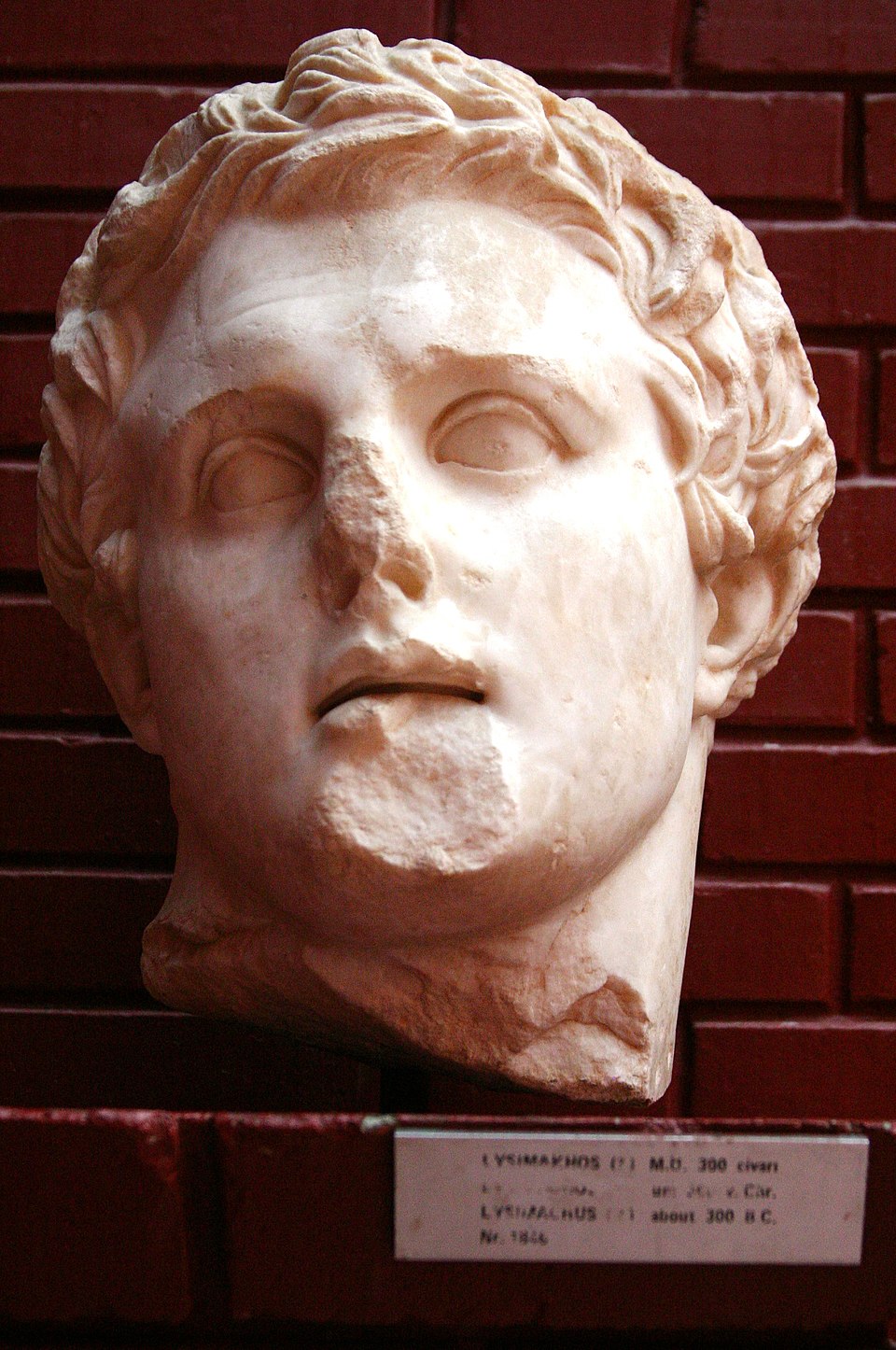
306 BCE - 281 BCE - Lysimachus (All Facts)
Macedonian-Greek Basileus of Thrace, Anatolia, and Macedon until his death
One of the Diadochi who declared himself king and warred over Alexander the Great’s empire following his death among other contemporary rulers
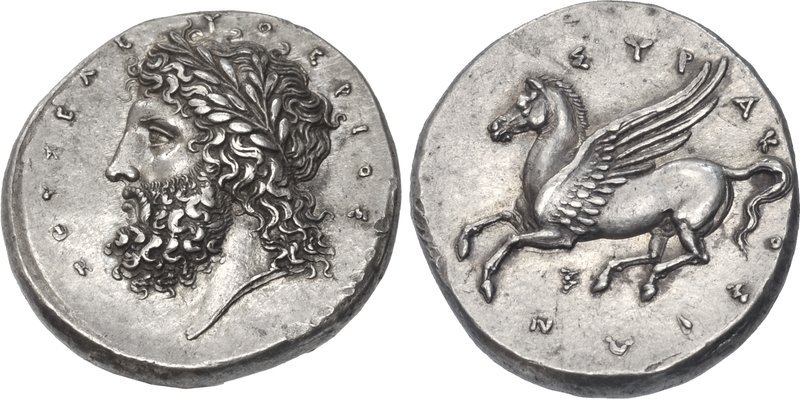
411 BCE - 337 BCE - Timoleon (All Facts)
Greek statesman and general of Syracuse and Sicily
Known for his having fought despotism
He and the Syracusans and Corinthians defeated and raided the possessions of the Carthaginians in the Cape Lilybaeum region around 341 BCE
Led the Syracusans against Hasdrubal and Hamilcar and the Carthaginians in the Battle of the Crimissus, which he won in 339 BCE
Succeeded by Agathocles
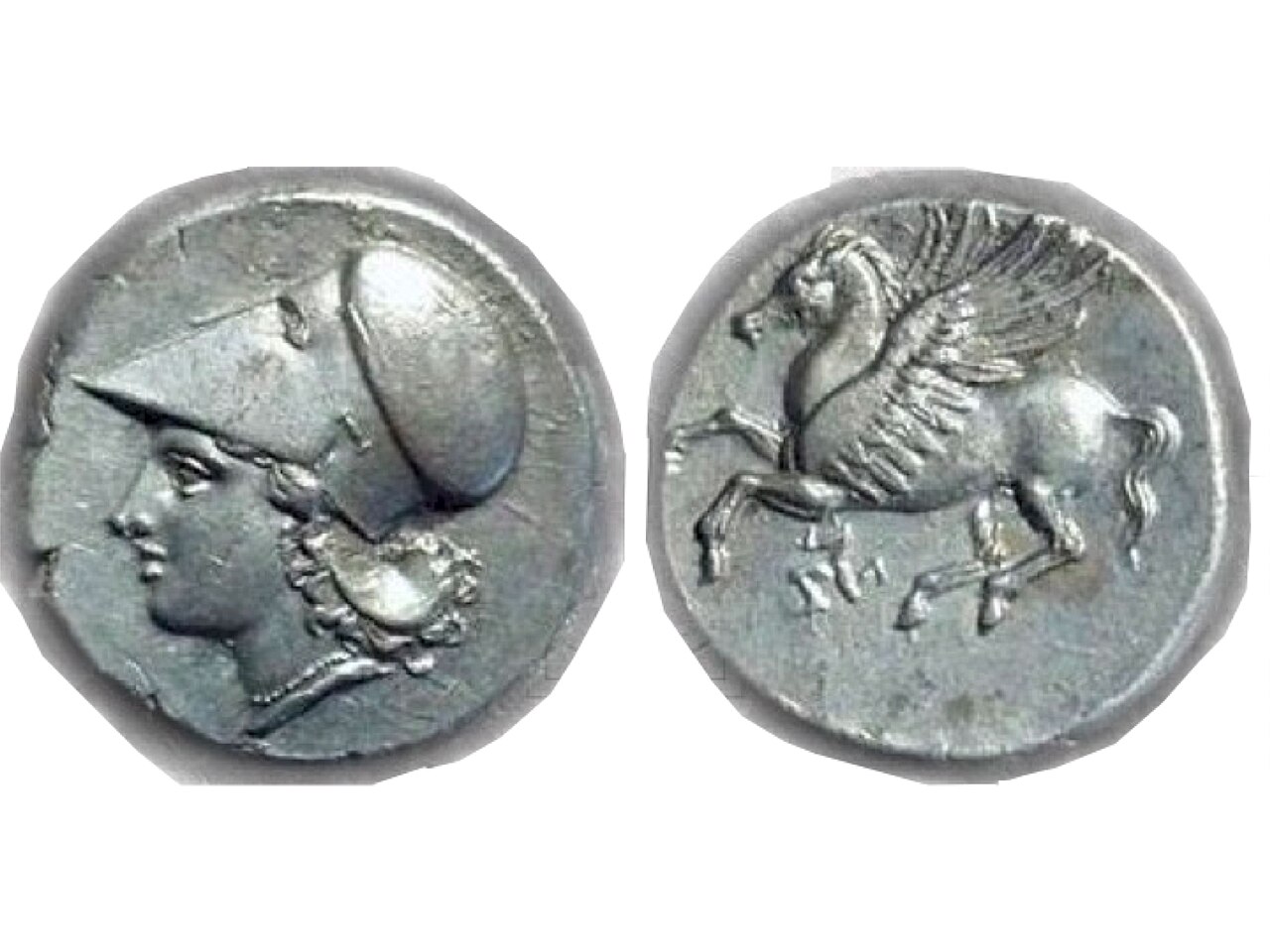
317 BCE - 304 BCE - Agathocles (All Facts)
Tyrant of Syracuse and King of Sicily
He was the first European to invade North Africa
Led the Greeks against the Carthaginians during the Seventh Sicilian War, which he won
Marched his troops on Tunis, which he used as his base for his retaliatory campaign against Carthage
Changed the familiar pattern of the conflict between the Greek-Sicilians and Carthaginians by taking the battle to the enemy, with both camps for once having enemies at their gates as they fight for Sicily
In attempting to ward off the threat to Sicily posed by the Carthaginians, he landed his troops in Carthage and is intimidating enough to obtain a peace treaty and war indemnities from the Carthaginians
His rise to power was accompanied by a popular uprising in which 4K nobles were slaughtered
He succeeded Timoleon
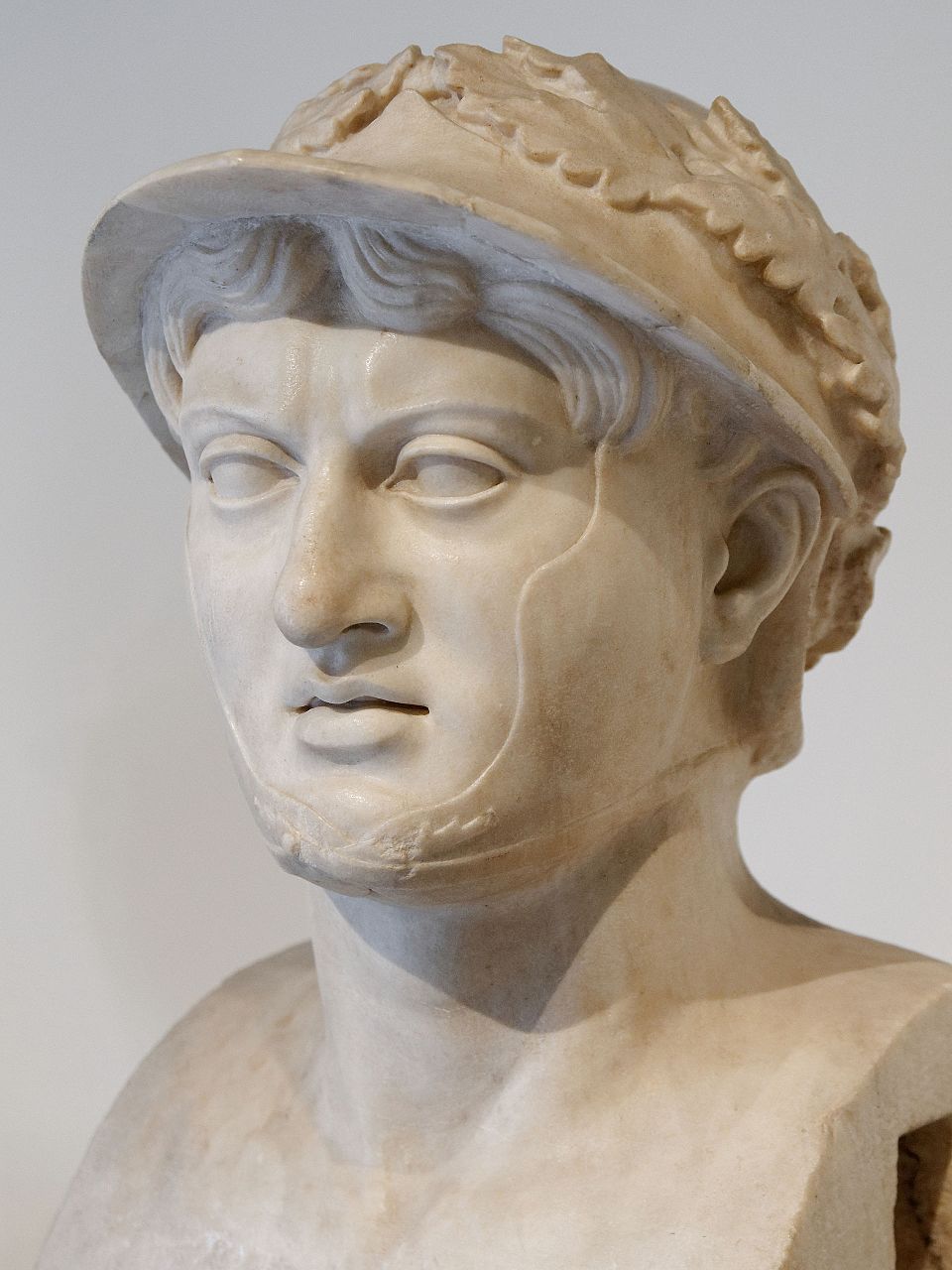
297 BCE - 272 BCE - Pyrrhus (All Facts)
King of Epirus and Greek statesman
Was a brilliant strategist and administrator
He made a great power out of his mountainous kingdom, one by one having annexed the provinces under his control
Had ambitions to create his own empire like that of Alexander the Great, of which he was a relative
Lends himself to the name of a kind of “victory” in which one achieves an actual victory on the battlefield but is realistically at a considerable loss given the costs at which the victory is gained, usually in the form of a massive number of soldiers lost
Sent troops to aid Tarentum and other Greek cities of southern Italy against Rome
Was invited to lead his army into Italy by the leaders of Tarentum
This city had won a major sea battle against the Romans and expected massive retaliation
Fought against the Romans in the Battle of Himera in which he used elephants to terrorize them
Withdrew his support for the Tarentines and Samnites in Italy, causing them to fall to the Romans once and for all
306 BCE - 168 BCE - Antigonid Empire / Dynasty (All Facts)
Macedonian-Greek royal house which ruled the namesake Empire in Macedonia and much of Greece during the Hellenistic period
Its most notable rulers include
Antigonus I Monophthalmus or Antigonus “the One-Eyed”
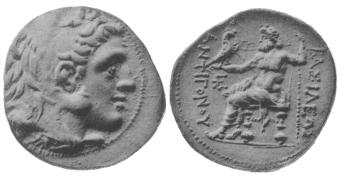
306 BCE - 301 BCE - Antigonus (All Facts)
Macedonian-Greek Basileus and founder of his namesake dynasty which dominated Macedonia and Greece until 168 BCE
One of the Diadochi who declared himself king and warred over Alexander the Great’s empire following his death among other contemporary rulers
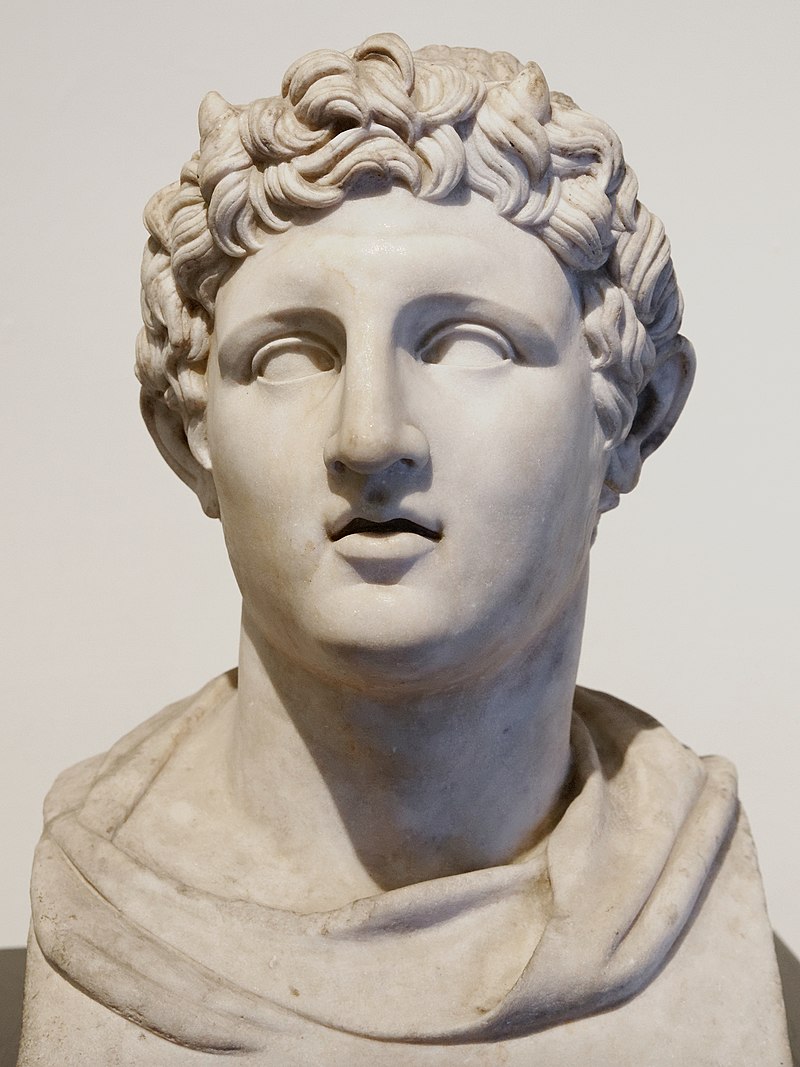
294 BCE - 283 BCE - Demetrius (All Facts)
Second King of the Antigonid Dynasty
Macedonian-Greek Basileus and military leader
Son of the founder of the Antigonid Dynasty “Antigonus the One-Eyed” and his wife Stratonice
First member of the Antigonid Dynasty and family to rule Macedonia in Hellenistic Greece
Joined in the fighting after Alexander the Great’s death by invading Greece in a bid to expel Cassander
Ousted Cassander in Athens by the start of his reign, and seized the throne of Macedonia at this point
Acquired the title “Poliorcetes” after his unsuccessful siege of Rhodes in 305 BCE, upon which he was forced to recognize the island’s independence
His rule marked the failure of Athens’ struggle for independence, which began to decline as a major power before his reign and continued to do so after it
312 BCE - 64 BCE - Seleucid Empire / Dynasty (All Facts)
Macedonian-Greek royal family, which ruled the namesake empire
Based in West Asia and Mesopotamia, Syria, the former lands of the Achaemenid Empire of Persia and Iranian plateau and Anatolia during the Hellenistic period
Founded by Seleucus (I Nicator), a general and successor of Alexander the Great, after the division of the Macedonian Empire as a result of the Wars of the Diadochi
One of the major powers of the Hellenistic World
Known for the cities they built including their capital at Antioch but also Apamea and Seleuceia-in-Pieria
Eventually, by the reign of Antiochus III, they were no match for the neighboring Ptolemaics
They were eventually ousted by the Egyptians both in Syria and along much of the coast of Anatolia
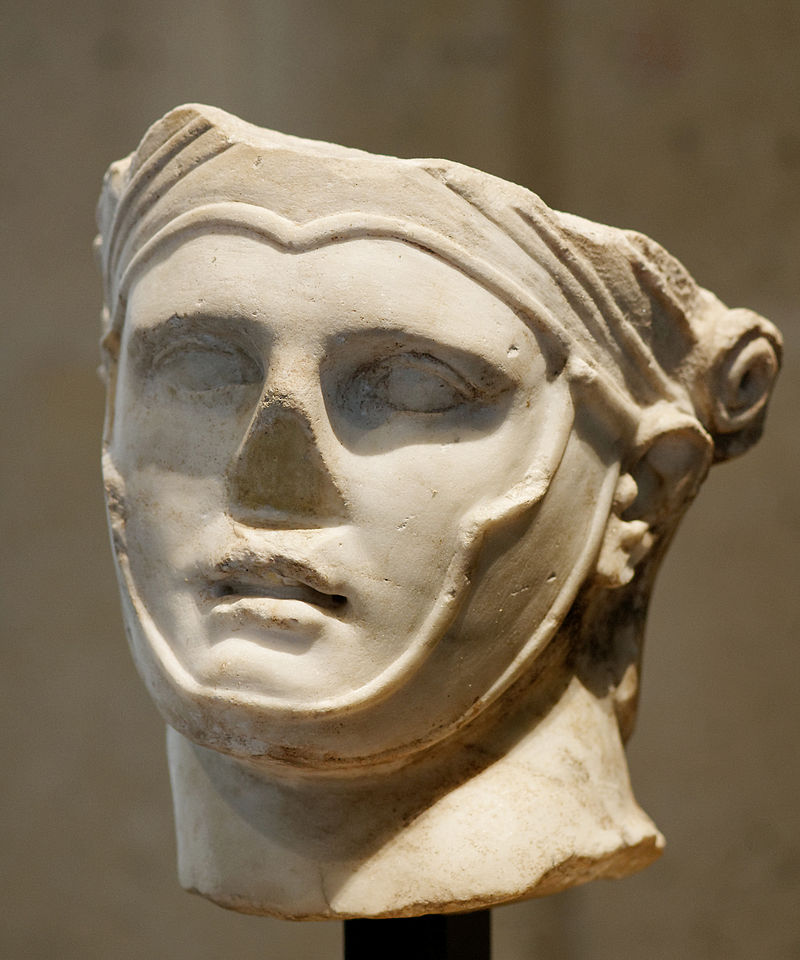
305 BCE - 281 BCE - Seleucus Nicator (All Facts)
Macedonian-Greek Basileus and founder of his namesake dynasty which dominated Mesopotamia / Babylon / West Asia and Syria, the former lands of the Achaemenid Empire of Persia and Iranian plateau, and Anatolia, until 64 BCE
One of the Diadochi who declared himself king and warred over Alexander the Great’s empire following his death among other contemporary rulers
Acquired the title “Nicator” meaning “victorious”
(According to Megasthenes), he liked being rubbed with sticks of wood by attendants while hearing cases
He also liked hinting from his chariot, surrounded by two or three armed women, in an enclosure with the quarry surrounded by spear-carriers - or, in the wild, from the back of an elephant
Became king of Syria after defeating Lysimachus at Corupedium in Anatolia, upon which he took full control
Died after falling intro a trap set by Ptolemy II of Egypt
305 BCE - 30 BCE - Ptolemaic Kingdom / Dynasty (All Facts)
Macedonian-Greek royal family, which ruled the namesake kingdom in Egypt until the death of Cleopatra VII
Founded by Ptolemy, a companion of Alexander the Great
Were also the longest and final dynasty of Ancient Egypt
Heralded a distinct era of religious and cultural syncretism between Greek and Egyptian culture
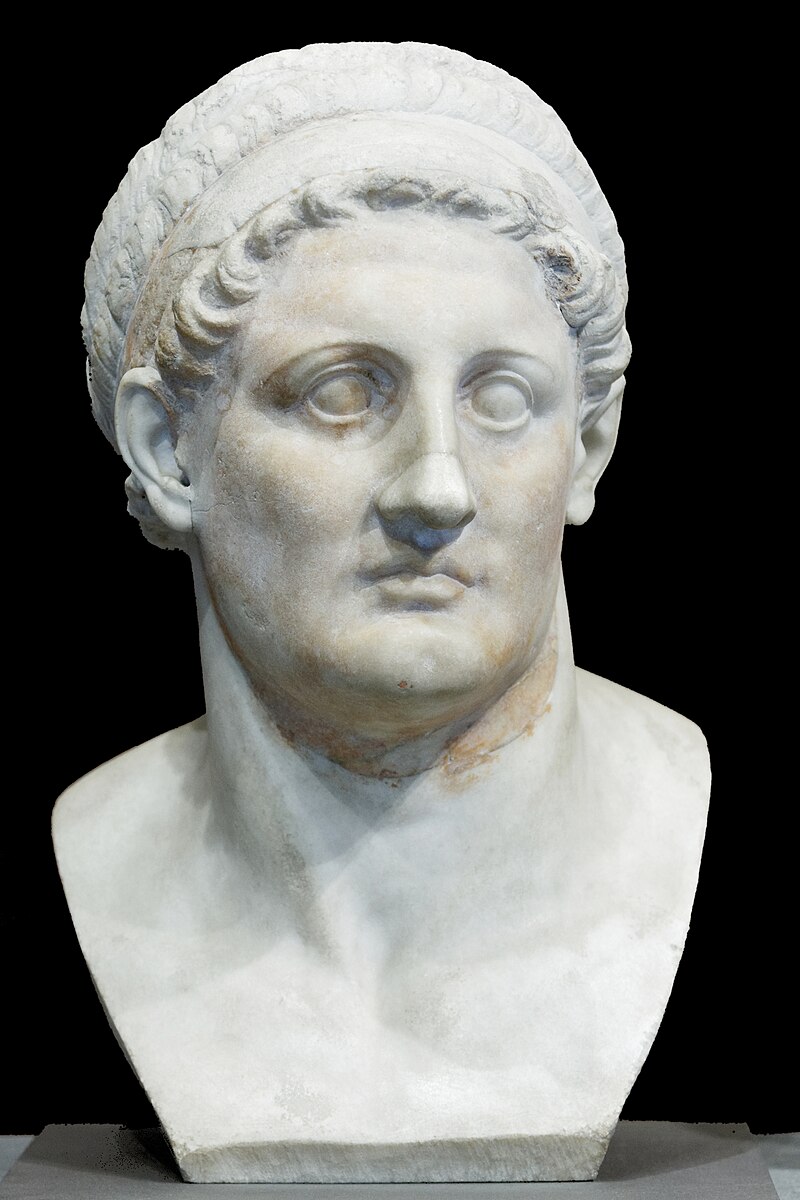
305 BCE - 282 BCE - Ptolemy (All Facts)
Macedonian-Greek Basileus and founder of his namesake dynasty which ruled Egypt until the end of the Hellenistic Period marked by the death of Cleopatra VII
One of the Diadochi who declared himself king and warred over Alexander the Great’s empire following his death among other contemporary rulers
Acquired the title “Sotor” meaning “savior” after he successfully defended the Greek island of Rhodes from Demetrius’s failed invasion and siege of the city, by which he forced Demetrius to recognize its independence
Developed Alexander the Great’s city of Alexandria as the capital of his kingdom, making it a major center for commerce and Greek culture
Founded the Museum of Alexandria and dedicated it to the Muses
This museum welcomed scholars who wished to devote themselves to study in exceptional surroundings during and after his rule in Egypt
Devoted himself to annexing neighboring territories and fostering Greek immigration
Made his namesake kingdom one of the richest Greek kingdoms at the time
Established a series of elephant-hunting base-camps along the African coast to secure elephants for his army, which effectively opened up the Red Sea for the first time
He built a permanent fleet on Egypt’s south coast to protect traders from pirates
He recut the canal linking the Gulf of Suez with the Nile River, thus allowing ships to sail directly from the Red Sea to Alexandria and the Mediterranean
Abdicated his rule in favor of his son who was thus successor
Killed in battle by Demetrius and the Greeks at the Battle of Salamis in 306 BCE
282 BCE - 189 BCE - Kingdom of Pergamon / Pergamum / Attalid Dynasty (All Facts)
Macedonian-Greek Royal house, which ruled the namesake kingdom
Based in the western parts of Anatolia
Was the least powerful of the four kingdoms of the Diadochi
It was consolidated after the death of Lysimachus
361 BCE - 315 BCE - Eumenes (All Facts)
2nd King of the Hellenistic Kingdom of Pergamon / Pergamum in (West) Anatolia / Attalid Dynasty
300’s BCE - 290 BCE - Megasthenes (All Facts)
Ambassador of King Seleucus
Described India and the Mauryan Empire in his writings, he was the first Western Indologist
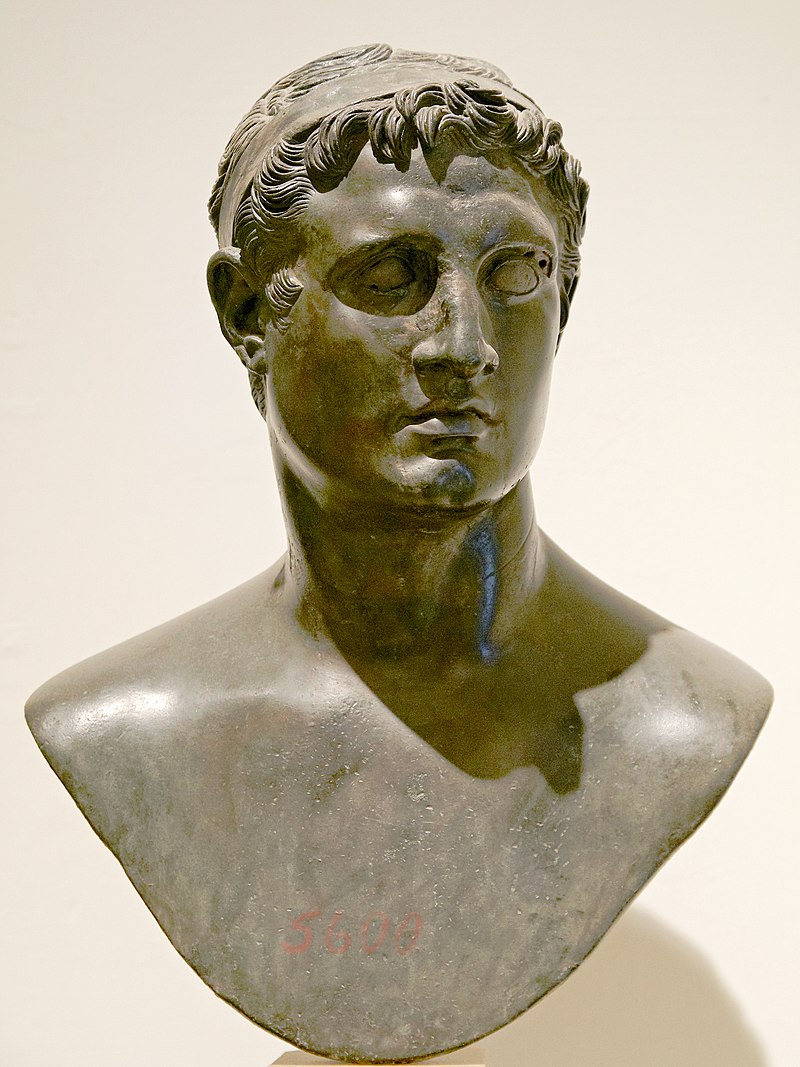
284 BCE - 246 BCE - Ptolemy II (All Facts)
2nd King of the Ptolemaic Dynasty
His original name was Philadelphos
He continued his predecessor’s (father’s) policies
Instituted the Ptolemaia in honor of his dead father based on a model of the Olympic Games, starting a cult among Egypt’s Greek subjects
Under his reign, he oversaw the construction and maintenance of both the museum and historically famous Library of Alexandria (although it may have also been the idea of his predecessor)
He
Re-opened the disused canal from the Nile River to the Red Sea
Encouraged trade with the East (Orient)
Rebuilt many of the temples in Egypt destroyed by previous invaders
Made Alexandria one of the great cultural centers of the world encouraging writers, artists, and scholars of all nations to visit the city and work there
Despite his positive policies, he was a bureaucrat who imposed heavy taxes on the people
During his reign, throughout Egypt, native workers were ruthlessly exploited
In such a way, the Greek elite remained rich and continued to run the country
Under his admiral Eumenes, he had his predecessor’s (father’s) elephant-hunting bases along the African coast near the Red Sea turned into trading and staging posts, the southernmost of which was Adulis in the Kingdom of Axum in Ethiopia
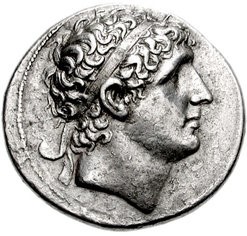
281 BCE - 261 BCE - Antiochus (All Facts)
2nd King of the Seleucid Dynasty
Was embroiled in wars with Ptolemy II and a revolt in Syria
He failed to conquer southern Syria (Coele Syria)
Found it difficult to maintain control in northern Syria
His empire faced hostility from Greek cities on the coast
Repulsed Nicomedes of Bithynia of North Anatolia and his marauding tribes of Celts including the Trocmi, Tolistoagii, and Tectosages with his infantry and elephants; but at a considerable cost, having been confined to a region of Phrygia called Galatia as a result
Famous for his use of elephants in the so-called “Elephant Battle” of 275 BCE in which he successfully repulsed invading Celts
Under his reign, an uneasy peace reigned in Greece and Anatolia while the old Alexandrian Hellenistic Empire was fragmenting in part due to the invading Gauls
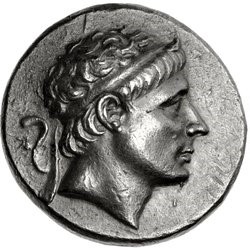
261 BCE - 246 BCE - Antiochus II (All Facts)
3rd King of the Seleucid Dynasty
Fought against Ptolemy II and the Ptolemaics over Syria in the Second Syrian War
The war ends when he agrees to marry Ptolemy II’s daughter Berenice
His wife Berenice, of whom he was given by Ptolemy II, was threatened by Queen Laodice, the wife he repudiated in favor of Berenice, so Ptolemy III rushed to his sister’s aid
By the end of his reign, Seleucid power did not extend beyond the city of Antioch in Syria
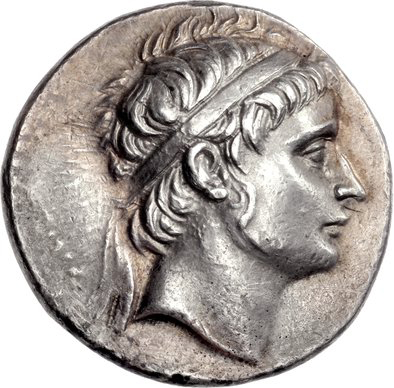
246 BCE - 225 BCE - Seleucus II (All Facts)
4th King of the Seleucid Dynasty
Successfully subdued the upstart Gallic forces who settled in Anatolia after their attack on the Oracle at Delphi
200’s BCE - Zenon (All Facts)
Middle-rank civil servant bureaucrat under King Ptolemy II
Was a Carian from Anatolia who came to Egypt in 261 BCE to work for Apollonius, its finance minister
His talent and efficiency as an archivist and manager were quickly recognized
He was put in charge of the administration of a model farm
He oversaw the cultivation of gardens, wheat fields, and orchards; the grafting of plants; irrigation; the budget; and the workers
He was not above cheating the taxman himself, and giving and receiving favors from his friends
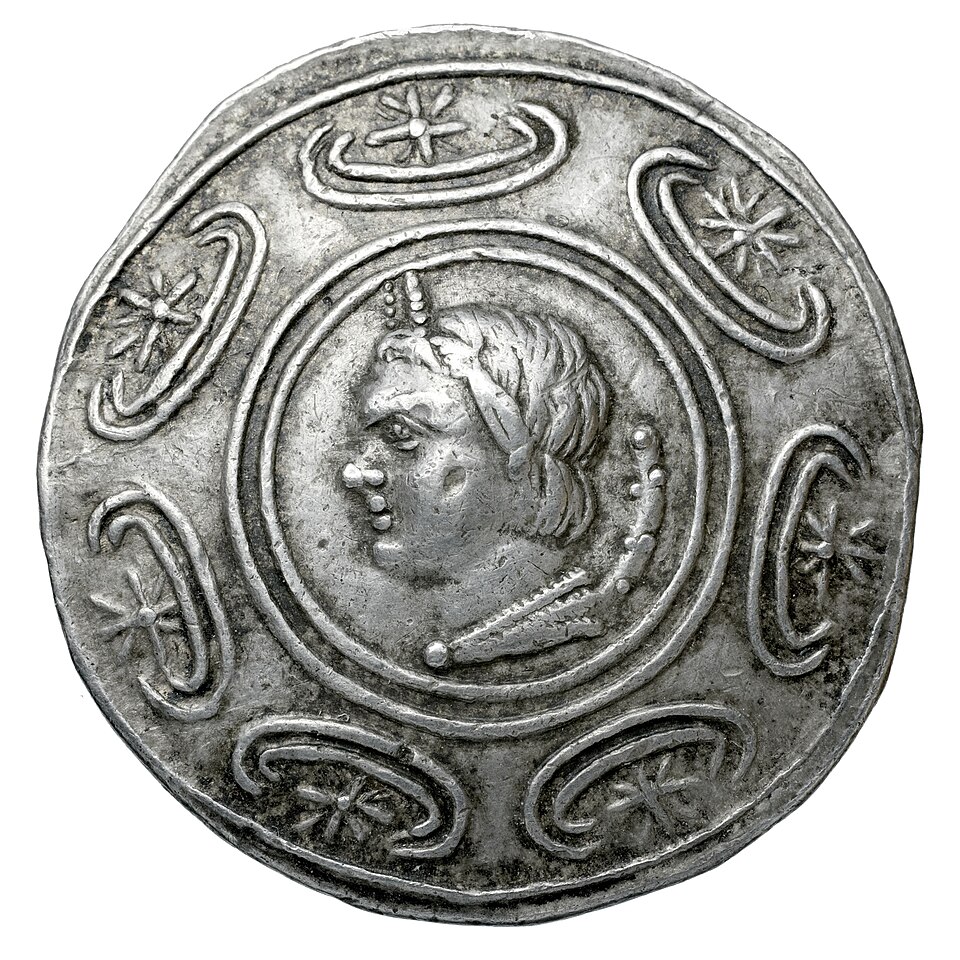
277 BCE - 239 BCE - Antigonus II (All Facts)
3rd King of the Antigonid Dynasty
Macedonian ruler whose authority extended over much of the Greek world, he was famous for taking possession of Athens after a long siege
Quelled an uprising aimed at expelling the Macedonian garrison from Greece led by Athens, who were supported by Sparta, the Arcadians, and the Achaeans
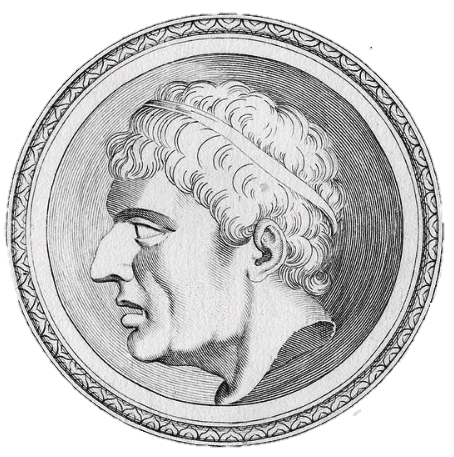
271 BCE - 213 BCE - Aratus of Sicyon (All Facts)
Greek partisan of the Achaean league
Took Acro-Corinth, the two ports of Corinth and the Macedonian fleet, thereby having liberated the Peloponnese from Macedonian domination
He did this in response to the capture of Acro-Corinth (the mountainous acropolis towering over the city of Corinth) by Antigonus II
Was forced to seek Macedonian aid by Cleomenes III of Sparta
Agreed with Antigonus III to a reorganization plan for Greece in order that the Achaean League and Antigonids (Macedonians) could co-exist
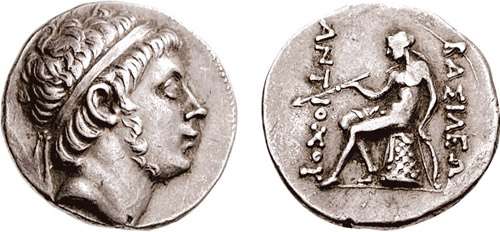
200’s BCE - 226 BCE - Antiochus Hierax (All Facts)
Was the younger son of Antiochus II and Laodice I and separatist leader in the Hellenistic Seleucid kingdom, who ruled as king of Syria during his brother's reign
Coveting the Kingdom of Pergamum, he formed alliances with the bands of Galatian brigands who flourished in the region
239 BCE - 229 BCE - Demetrius II (All Facts)
4th King of the Antigonid Dynasty
Upon his ascension to the throne, he fought in a war against a coalition of the Aetolian and Achaean leagues that ended without a decisive battle (hence the war is unnamed and excluded from the Military History KNOWT)
229 BCE - 221 BCE - Antigonus III (All Facts)
5th King of the Antigonid Dynasty
Upon his ascension to the throne, he was confronted by revolts in multiple Greek cities in which Thessalians, Athenians, and Achaeans sought liberation from Macedonian rule
He successfully inflicted defeat on the rebellious Aetolians and Thessalians, but could not defeat the Achaean League
Under his reign, Athens expelled the Macedonian garrison from its historical port city of Piraeus
Agreed with Aratus of Sicyon to a reorganization plan for Greece in order that the Achaean League (represented by Aratus of Sicyon) and Antigonids (Macedonians) could co-exist
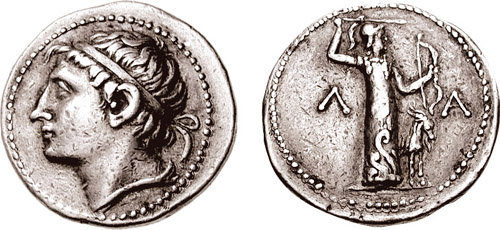
235 BCE - 222 BCE - Cleomenes III (All Facts)
Co-ruler / King of Sparta during the Agiad Dynasty
Wanted to control the Achaean League, so he intervened in the conflict between Macedonia and the Greek cities, forcing Aratus of Sicyon to seek Macedonian aid
Was known for his attempts to reform the Spartan state
After being defeated by the Macedonians in the Battle of Sellasia in 222 BCE, he fled to Ptolemaic Egypt
After a failed revolt in 219 BCE, he committed suicide

221 BCE - 204 BCE - Ptolemy IV (All Facts)
4th King of the Ptolemaic Dynasty
Defeated Antiochus III and the Seleucids at the Battle of Raphia with his Egyptian hoplites
Sent trading expeditions to the Res Sea and the Ethiopians of Axum
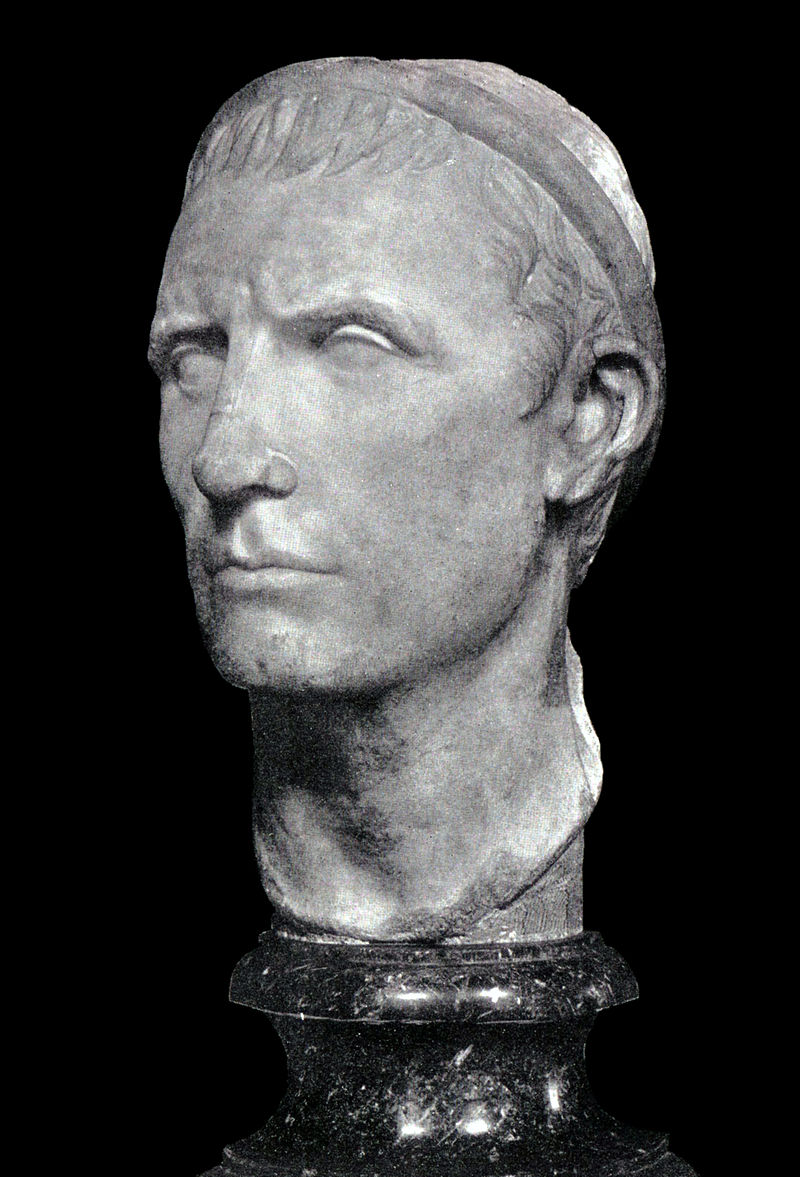
223 BCE - 187 BCE - Antiochus III / Antiochus the Great (All Facts)
6th King of the Seleucid Dynasty
Initiated the Fourth Syrian War by taking possession of the coveted province of Coele-Syria (southern Syria and Lebanon) at the expense of Ptolemaic Egypt in pursuit of his dream of restoring the grandeur of the Seleucid Empire
Signed a peace treaty with Philip V of Macedonia
Signed a peace treaty with the Romans at Apamea in Phrygia
Initiated the Fifth Syrian War, in which the Ptolemaic Egyptians were at a serious disadvantage because Ptolemy IV just died and his son Ptolemy V was a mere child
Conquered Coele Syria by defeating the Egyptians at the Battle of Panium
Forced to abandon Greece after being defeated by the Romans at the Battle of Thermopylae in 191 BCE
Forced to give up his claim to Thrace and evacuated Anatolia as far as the Taurus Mountains by 190 BCE
Sent 10K men to Greece after forging an anti-Roman coalition with Aetolians, Spartans, and Macedonians
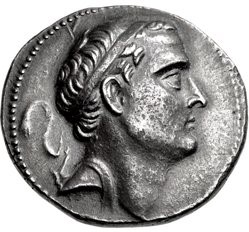
187 BCE - 175 BCE - Seleucus IV (All Facts)
7th King of the Seleucid Dynasty
Succeeded his predecessor but was murdered
His son tried to succeed him but had out to oust his nephew (his son’s cousin) Antiochus V, who succeeded him
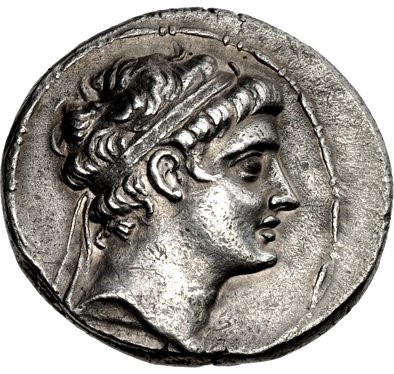
175 BCE - 170 BCE - Antiochus V (All Facts)
8th King of the Seleucid Dynasty
Was only 5 years old when he assumed the throne
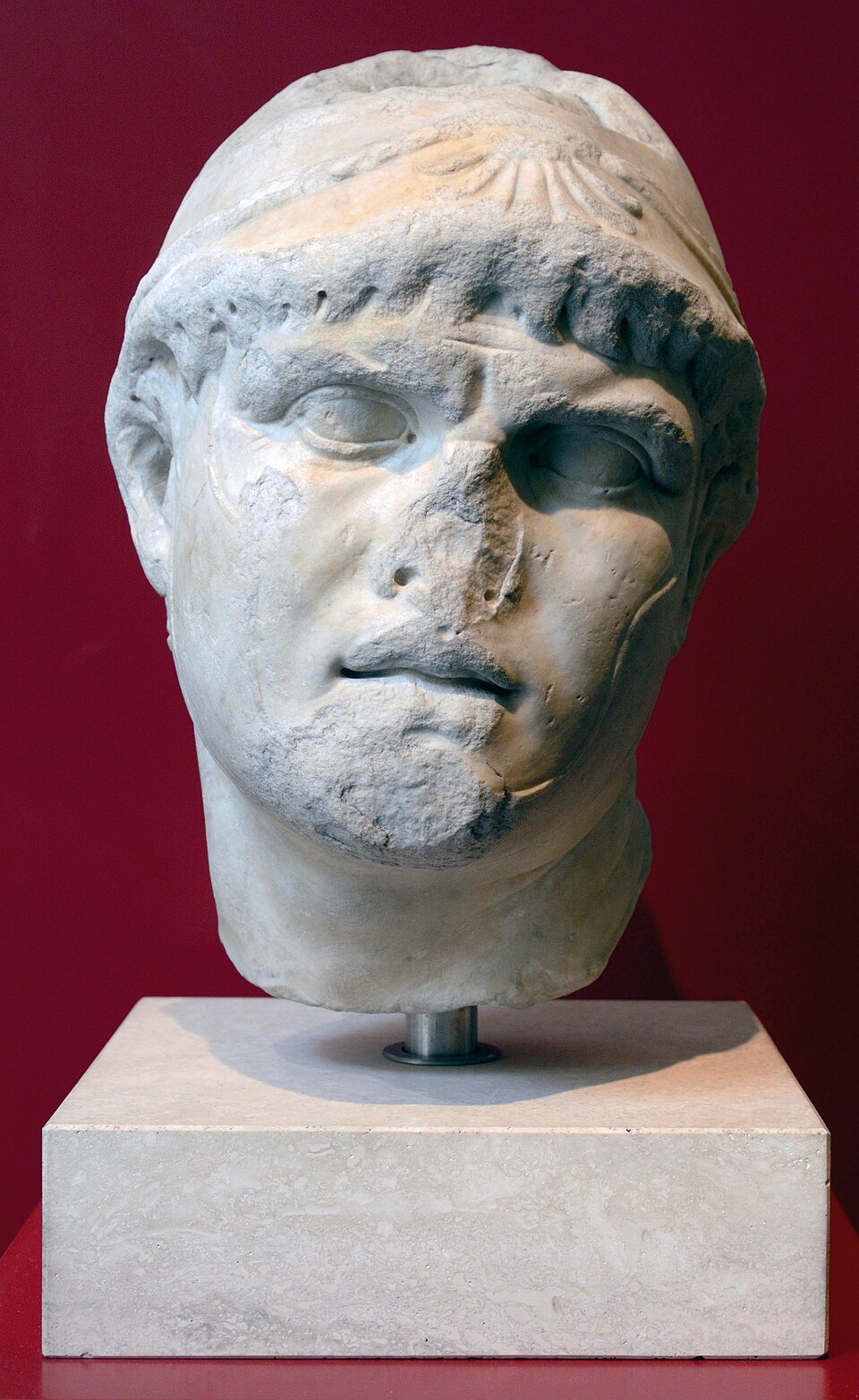
221 BCE - 179 BCE - Philip V (All Facts)
6th King of the Antigonid Dynasty
Led Macedon against Rome in the First and Second Macedonian Wars
Allied with Hannibal of Carthage
Intended to gain control of Illyria and the Greek cities along the Adriatic coast, which he knew was an area of Roman influence
He lost the Second Macedonian War to Rome in which he was forced to give up all of his possessions in European Greece and Anatolia
He then allied with Rome against Antiochus III in the Roman-Seleucid War
Died from illness after efforts to recover the military and economic condition of Macedonia
Passed the throne onto his elder son, Perseus of Macedon
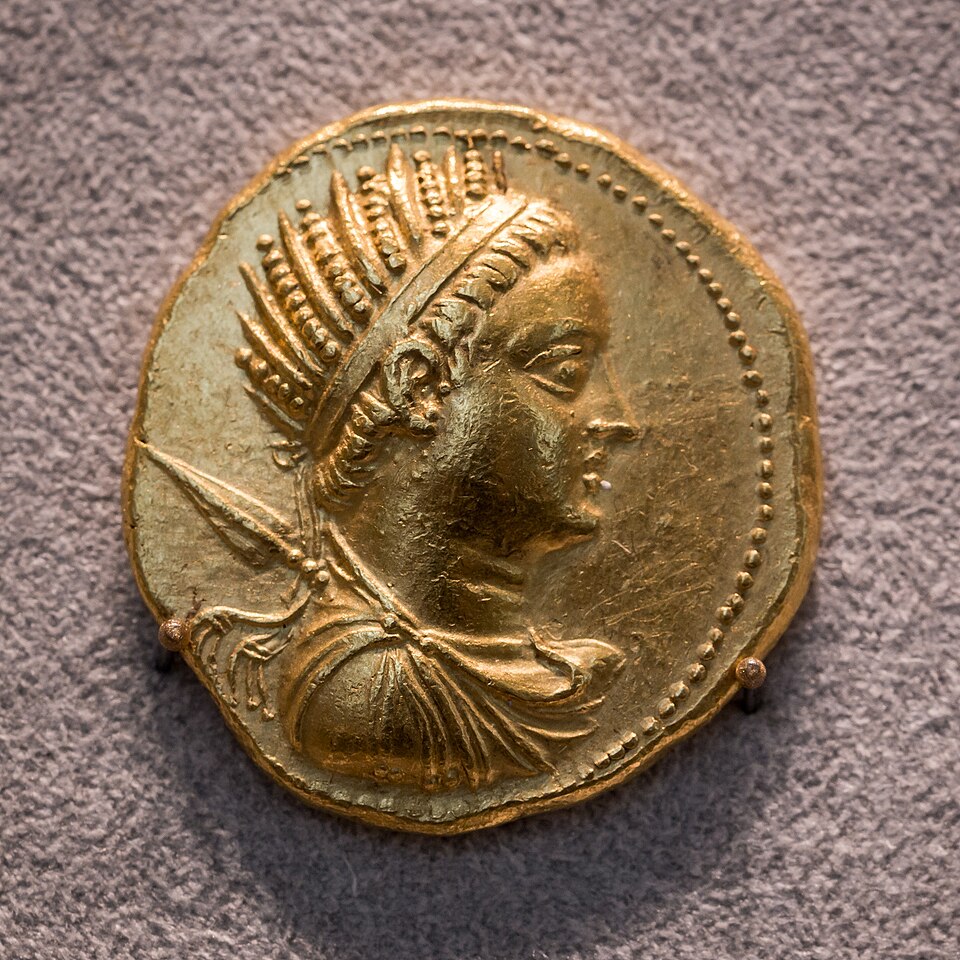
204 BCE - 180 BCE - Ptolemy V (All Facts)
5th King of the Ptolemaic Dynasty
Was only a child upon ascending to the throne
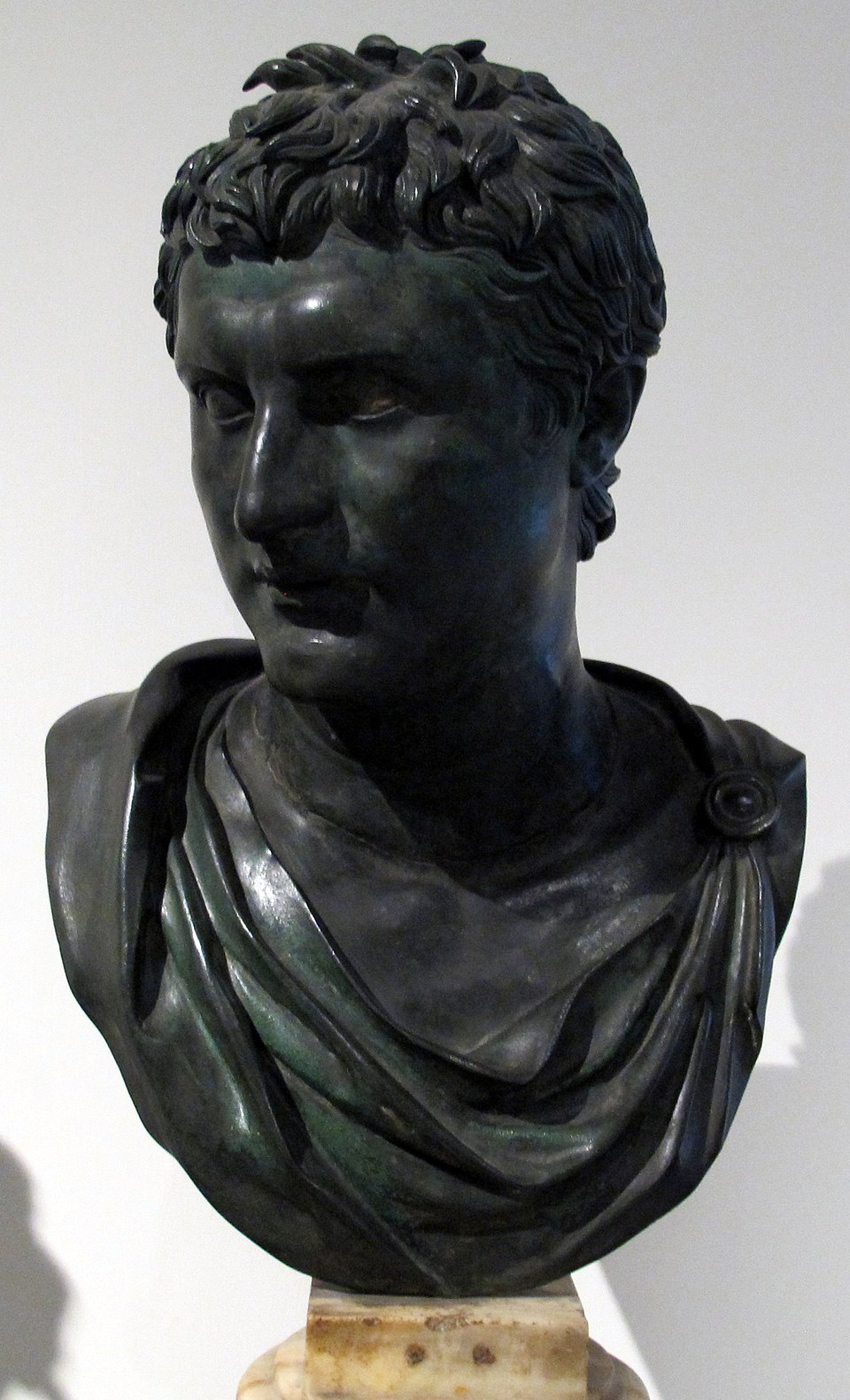
197 BCE - 159 BCE - Eumenes II (All Facts)
4th King of Pergamum / the Attalid Dynasty
Received by the Senate, reaching an agreement whereby control of Anatolia will share between Pergamum and Rhodes
Under his reign,
Pergamum reached levels of artistic magnificence that not even Athens matched
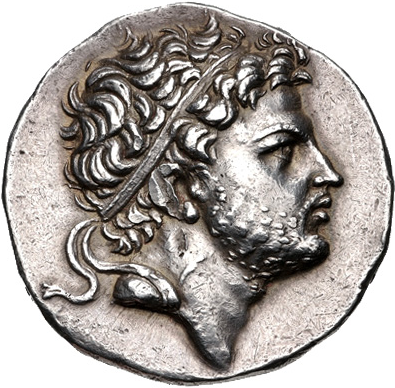
179 BCE - 168 BCE - Perseus (All Facts)
7th King of the Antigonid Dynasty
Despite plots against him, he succeeds his predecessor
He persuaded his predecessor to execute his pro-Roman brother Demetrius
Sent agents all over the Mediterranean in order to raise a coalition in preparation for an assault on Rome
Restored to power the pro-Macedonian factions in Greek cities
He was in a strong position, but too hesitant to attack the Romans
As a result, some of his allies defected to the Romans
He and the Greeks were defeated by the Aemilius Paulus and the Romans at the Battle of Pydna during the Third Macedonian War
This effectively ended Macedonia as an independent political entity and Macedonian influence in the Mediterranean
After his defeat, he attempted to flee, but, abandoned on all sides, ended up surrendering to Aemilius Paulus in which he took part in his Paulus’s triumphal march in Rome as a prisoner
Died in captivity at Alba Fucens in central Italy in 166 BCE
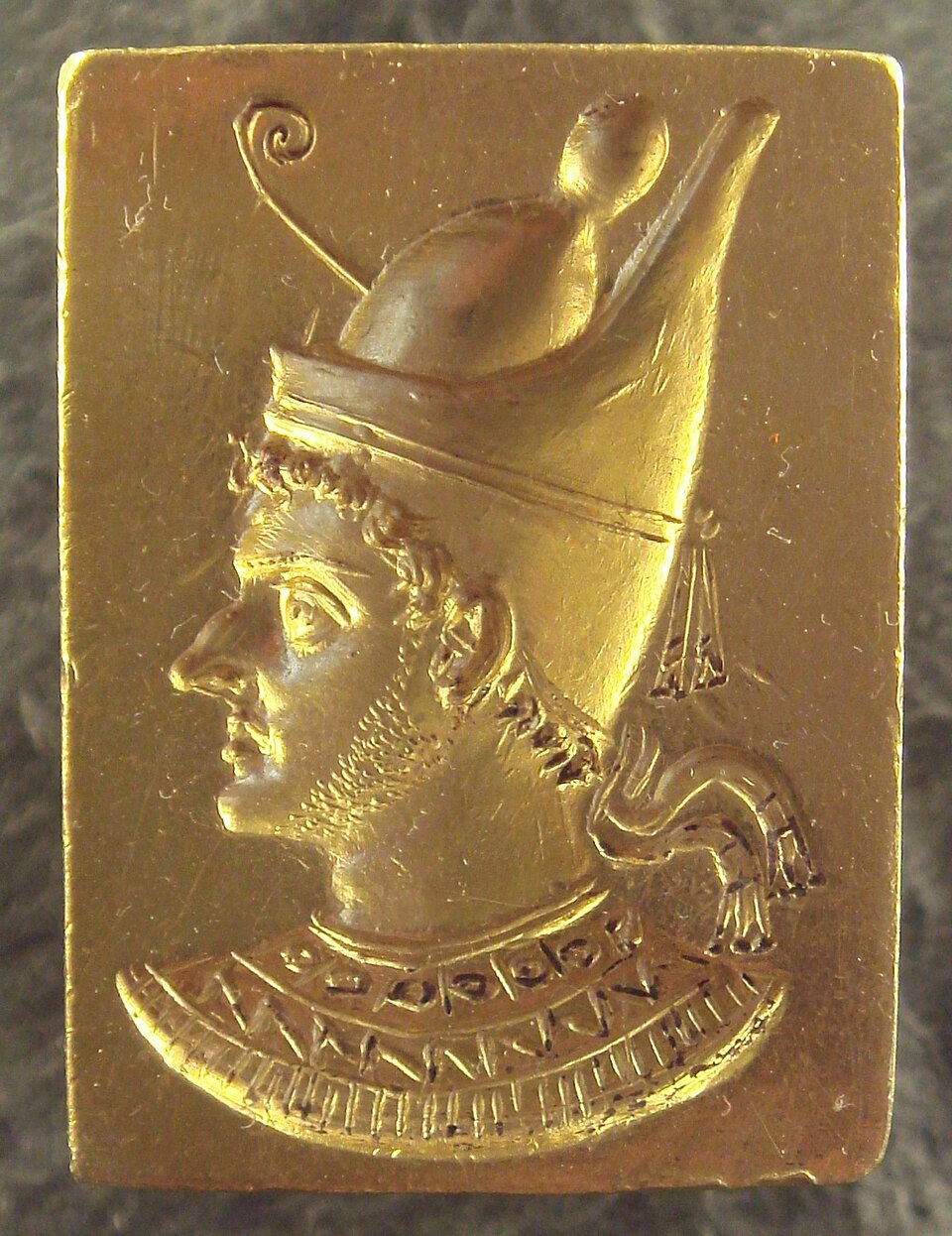
180 BCE - 145 BCE - Ptolemy VI (All Facts)
6th King of the Ptolemaic Dynasty
Under his reign, Egypt continued to decline due to internal disputes and fiscal and military crises
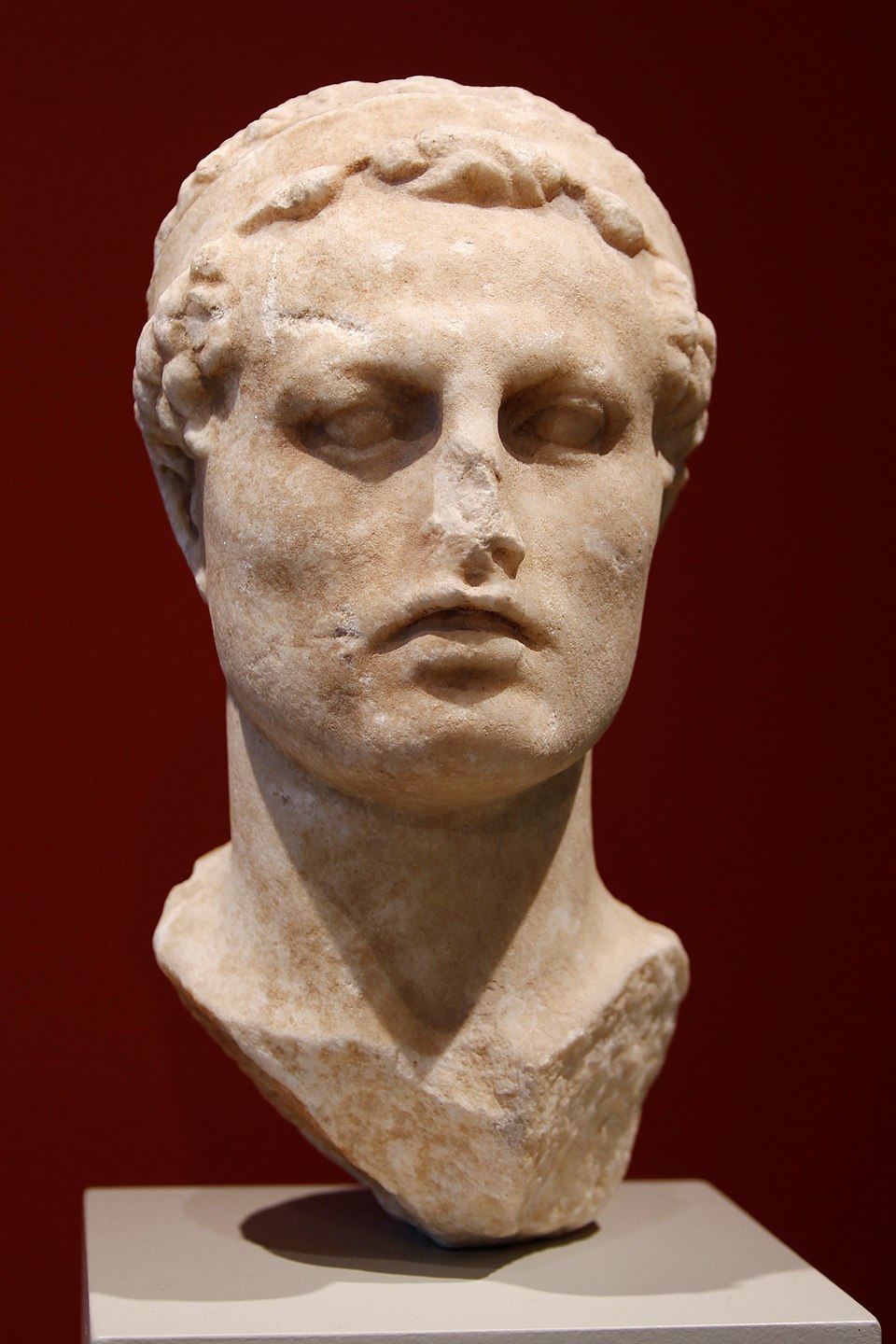
179 BCE - 164 BCE - Antiochus IV (All Facts)
9th King of the Seleucid Dynasty
Sacked the Jewish Temple and attempted to impose Hellenism on the Jews
Dedicated the Jewish Temple of Jerusalem to the Olympian Zeus
Despite this, the Jews resisted and revolted in the Maccabean Revolt
Showed himself to be utterly intolerant of Jewish tradition
Plundered the Temple of its treasures
Installed a garrison in Jerusalem
Systematically desecrated the holy places
Allowed for prostitutes to set up shop within Temple precincts
Had a pig sacrificed on one of Jerusalem’s altars
Persecuted Jews throughout the country

165 BCE - 130 BCE - Menander (All Facts)
Indo-Greek king who ruled parts of India
Was a contemporary of the Shunga Emperors, although he ruled over a different part of the Indian lands
Led an expedition into the Ganges River Valley reaching Pataliputra (Patna)
Best remembered for his conversion to Buddhism by a scholar-priest named Nagasena
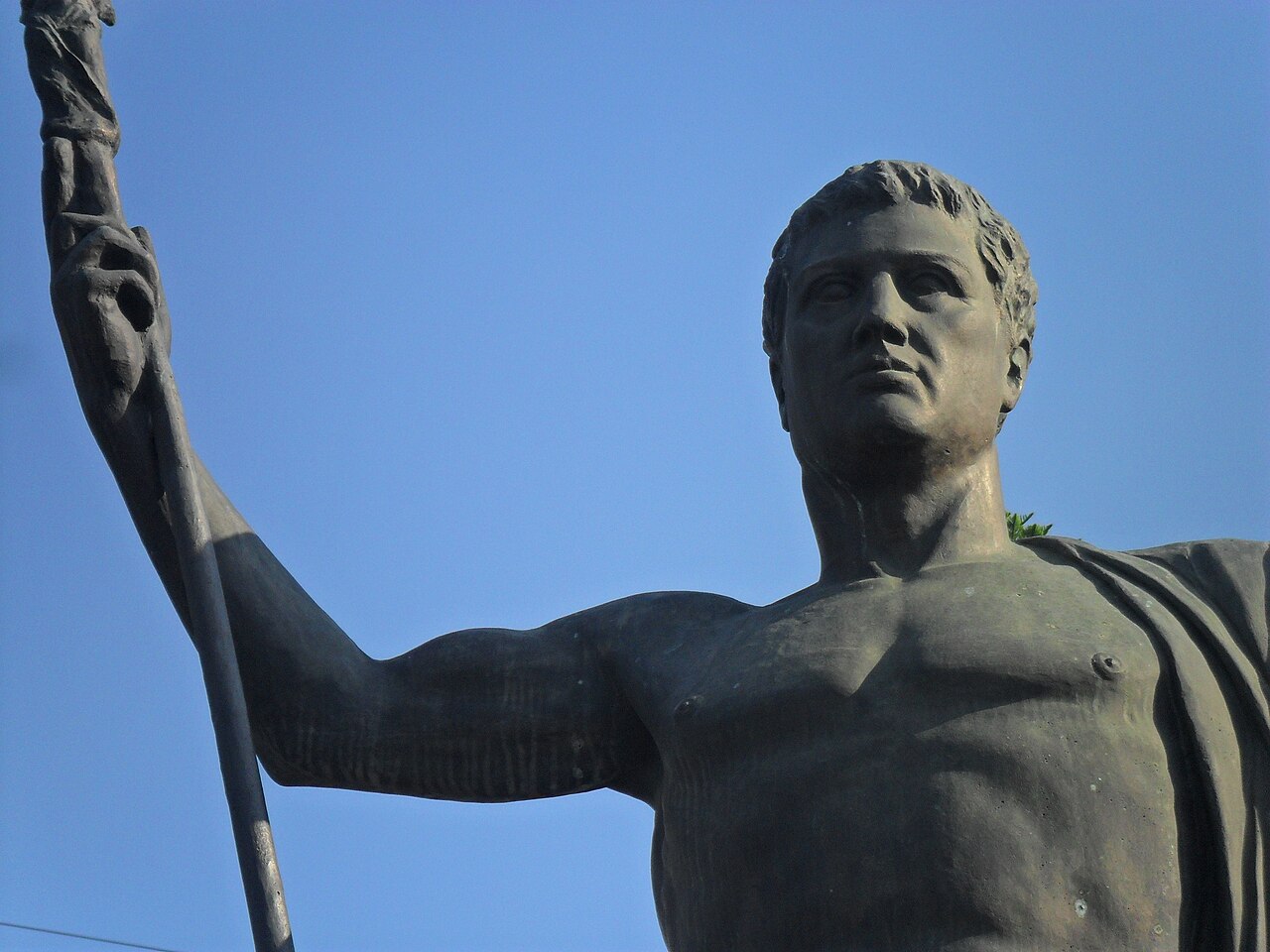
160 BCE - 138 BCE - Attalus II (All Facts)
5th King of Pergamum / the Attalid Dynasty
Built a portico on the agora (marketplace), the ancestral arena of Athenian democracy
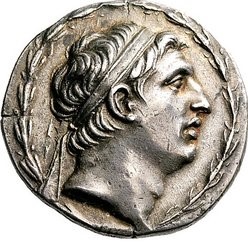
162 BCE - 150 BCE - Demetrius I Soter (All Facts)
11th King of the Seleucid Dynasty
Died in a battle against his successor
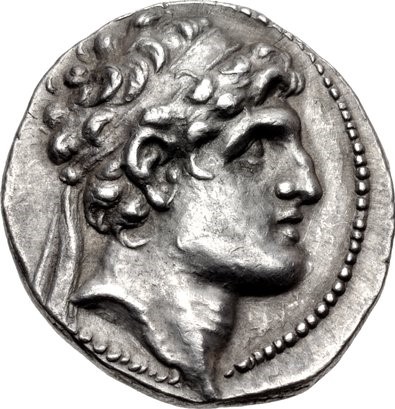
150 BCE - 145 BCE - Alexander Balas (All Facts)
12th King of the Seleucid Dynasty
Pretender to the throne
Killed by his successor
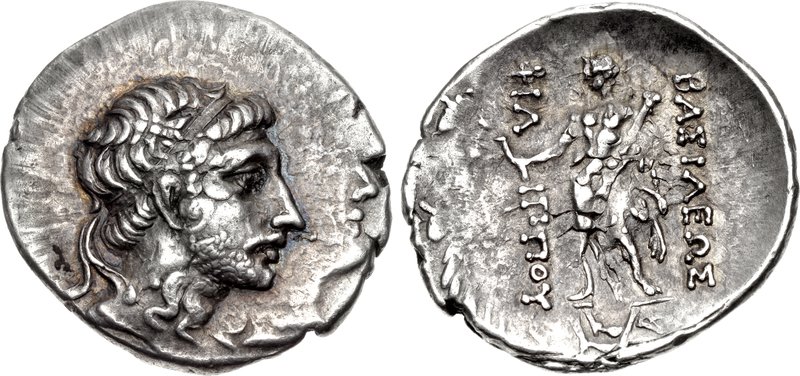
149 BCE - 148 BCE - Andriscus (All Facts)
8th and Final King of the Antigonid Dynasty
Pretender to the throne
Claimed to be the son Perseus and called himself Philip
Formed an anti-Roman alliance after a brief military victory over the Romans, putting him in control of Macedonia
He led the Macedonians against the Romans in the Fourth Macedonian War, which he lost
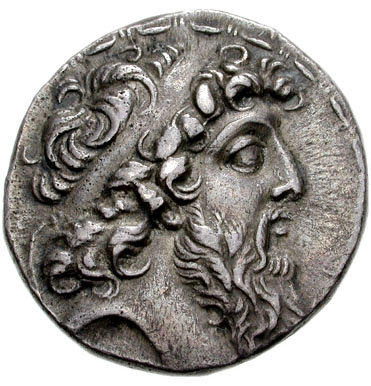
145 BCE - 138 BCE - Demetrius II Nicator (All Facts)
13th King of the Seleucid Dynasty
Killed his predecessor, a pretender to the throne and ascended the throne himself in his predecessor’s place
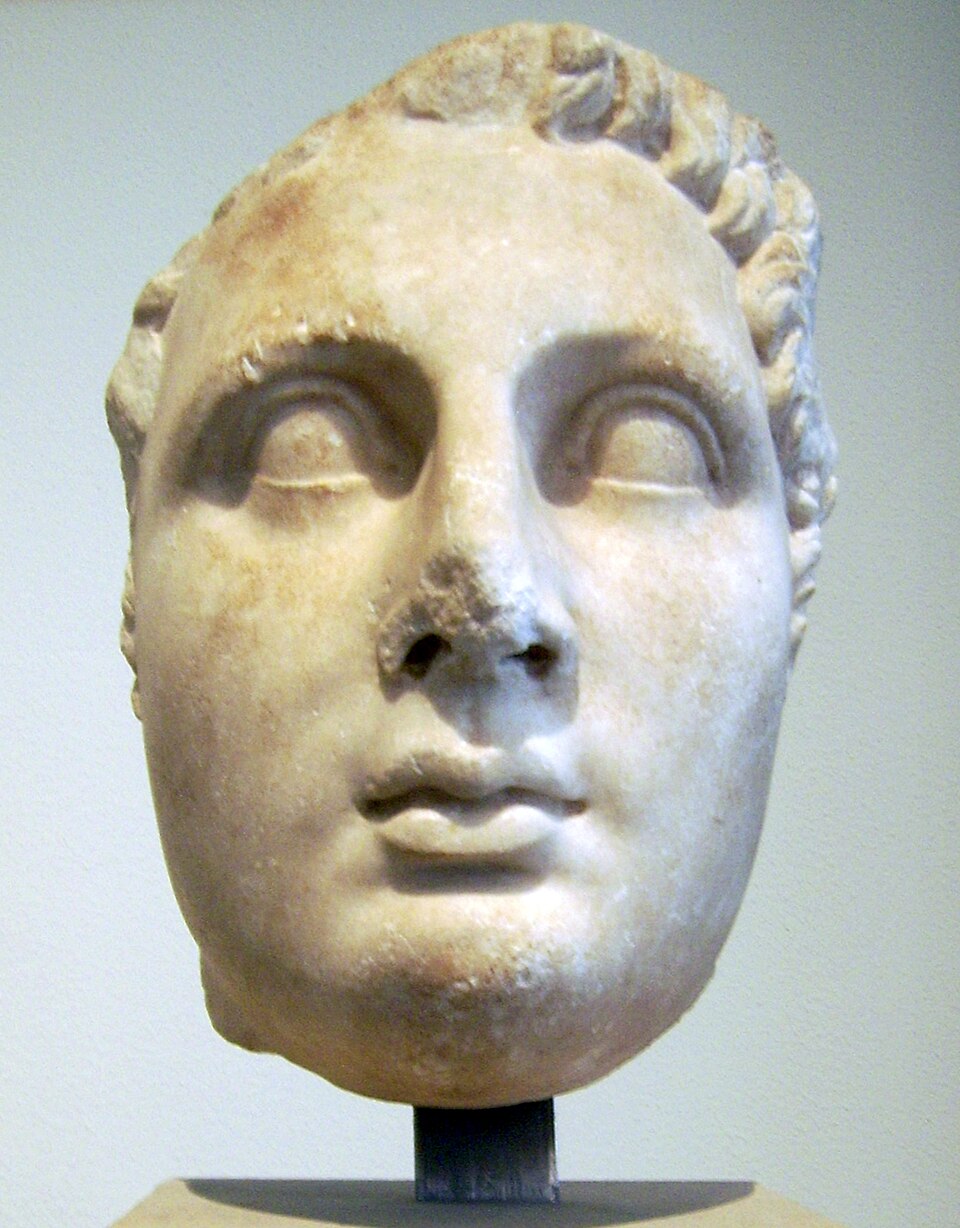
138 BCE - 133 BCE - Attalus III (All Facts)
6th King of Pergamum / the Attalid Dynasty
In his will, he bequeathed Pergamum to Rome
It was rumored that his motive was to create an insurance against social revolution while he survived
As a result, the Romans sent an army to quell the unrest in Pergamum caused by the will, in 131 BCE
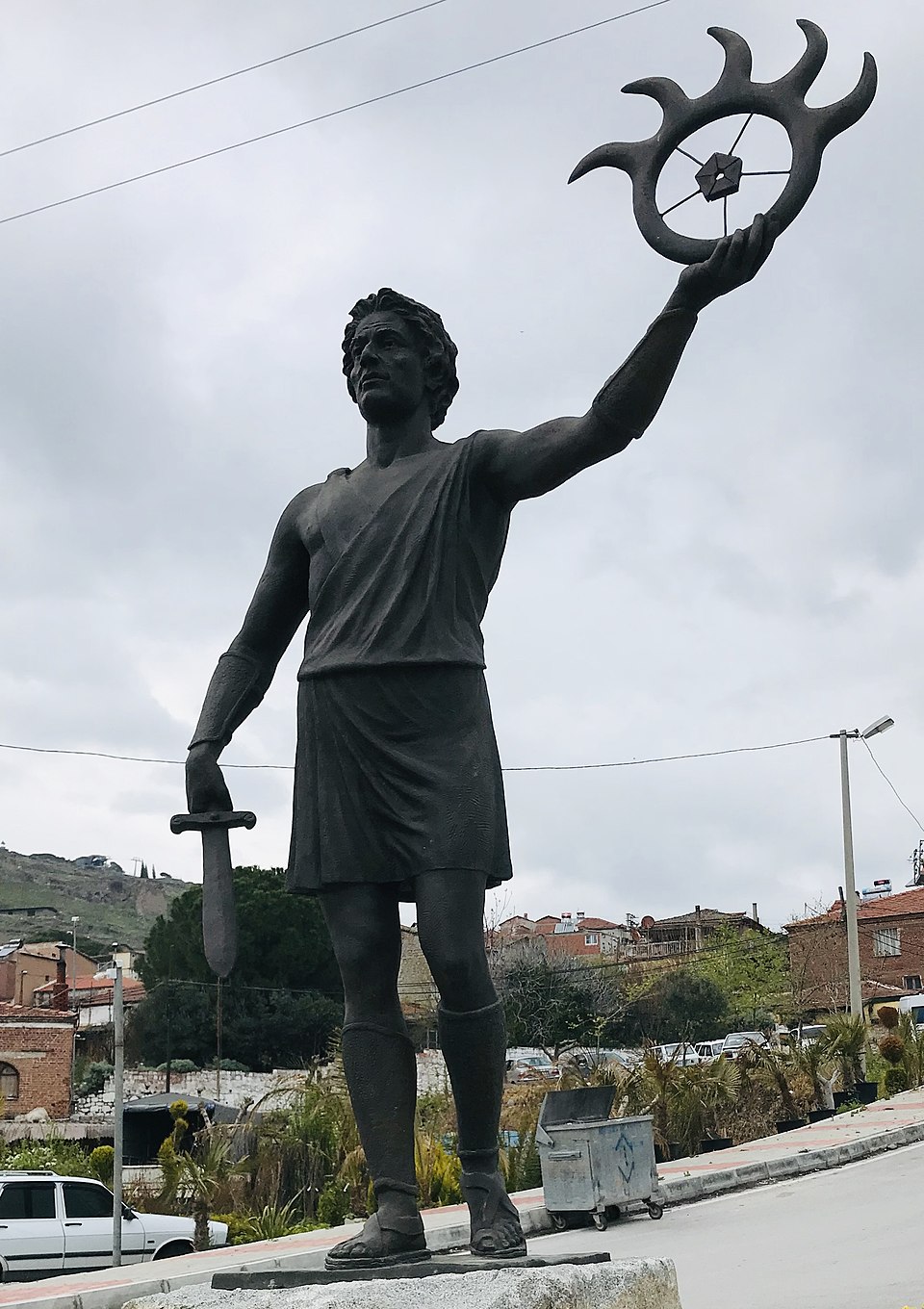
133 BCE - 129 BCE - Eumenes III / Aristonicus (All Facts)
7th and Final King of Pergamum / the Attalid Dynasty
Natural son of the former king Eumenes II, he seized the kingdom of his predecessor at the head of an army of slaves
Under his reign, the Romans took control of Pergamum
The Romans took him prisoner and beheaded him in Rome
After his reign, Pergamum is defeated by the Romans once and for all

145 BCE - 116 BCE - Ptolemy VIII (All Facts)
8th King of the Ptolemaic Dynasty
Ruled Egypt jointly with Cleopatra III, his mother, against her will
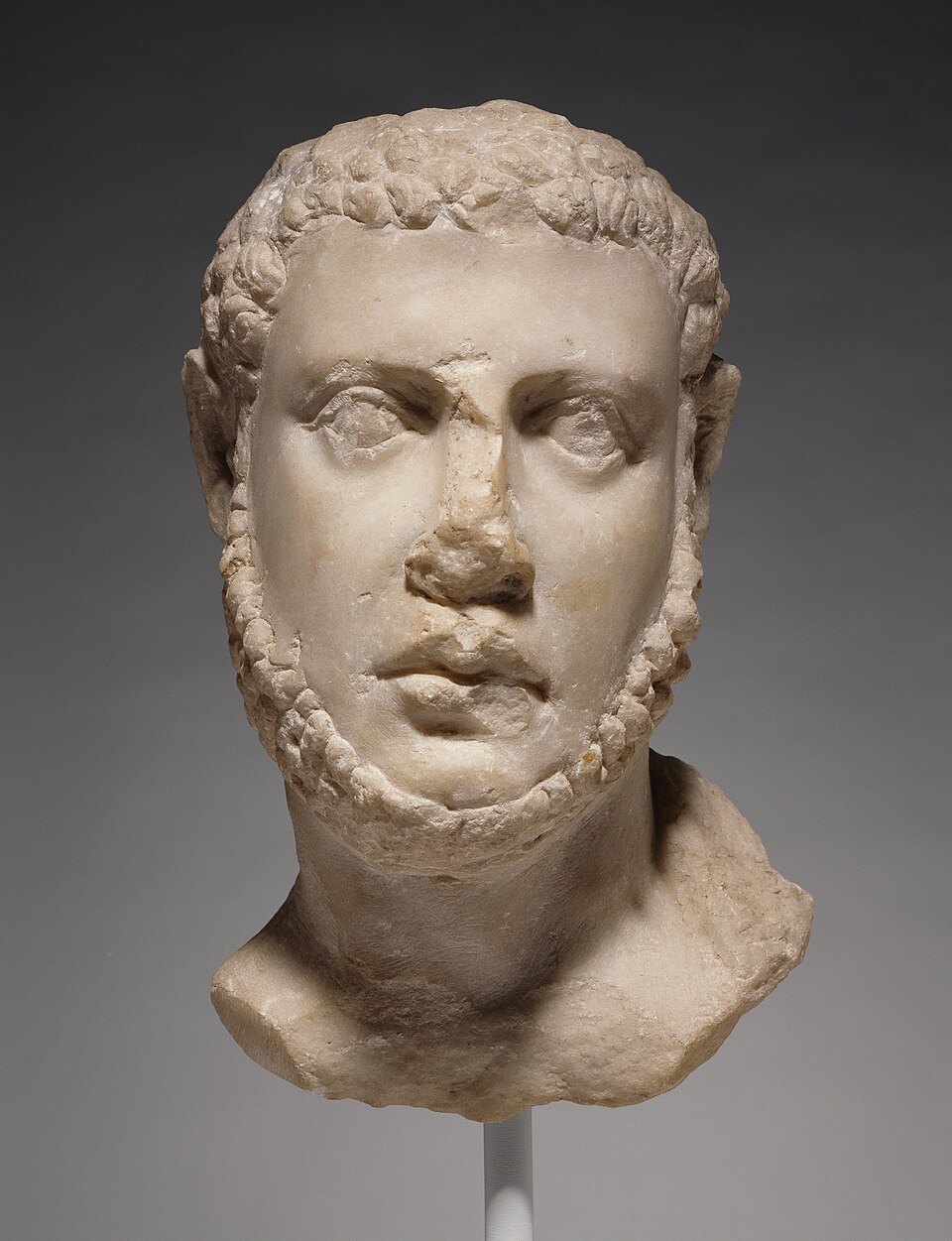
116 BCE - 107 BCE - Ptolemy IX (All Facts)
9th King of the Ptolemaic Dynasty
Originally named Alexander, he was a governor of Cyprus
He expelled his brother, his predecessor, from the Egyptian throne and took his place and thus renamed himself as such
Was killed by the people of Alexandria
His predecessor was thus restored to power
120 BCE - 96 BCE - Ptolemy Apion (All Facts)
Was the illegitimate son of Ptolemy VII Euergetes
Bequeathed Cyrenaica to Rome, over which he ruled since his predecessor’s death
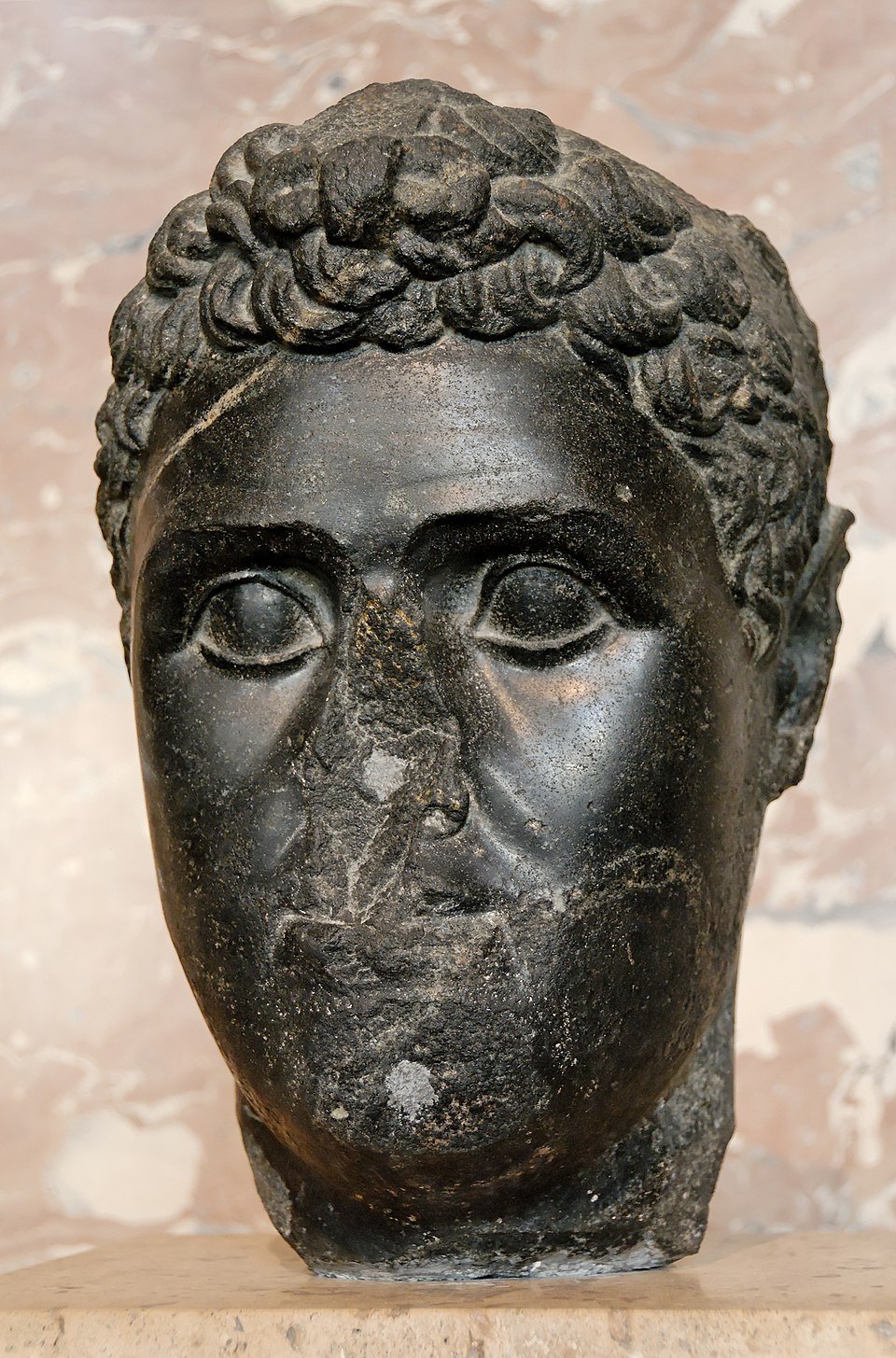
107 BCE - 88 BCE - Ptolemy X (All Facts)
10th King of the Ptolemaic Dynasty
Killed by the people of Alexandria
He is succeeded by the illegitimate son of Ptolemy VIII